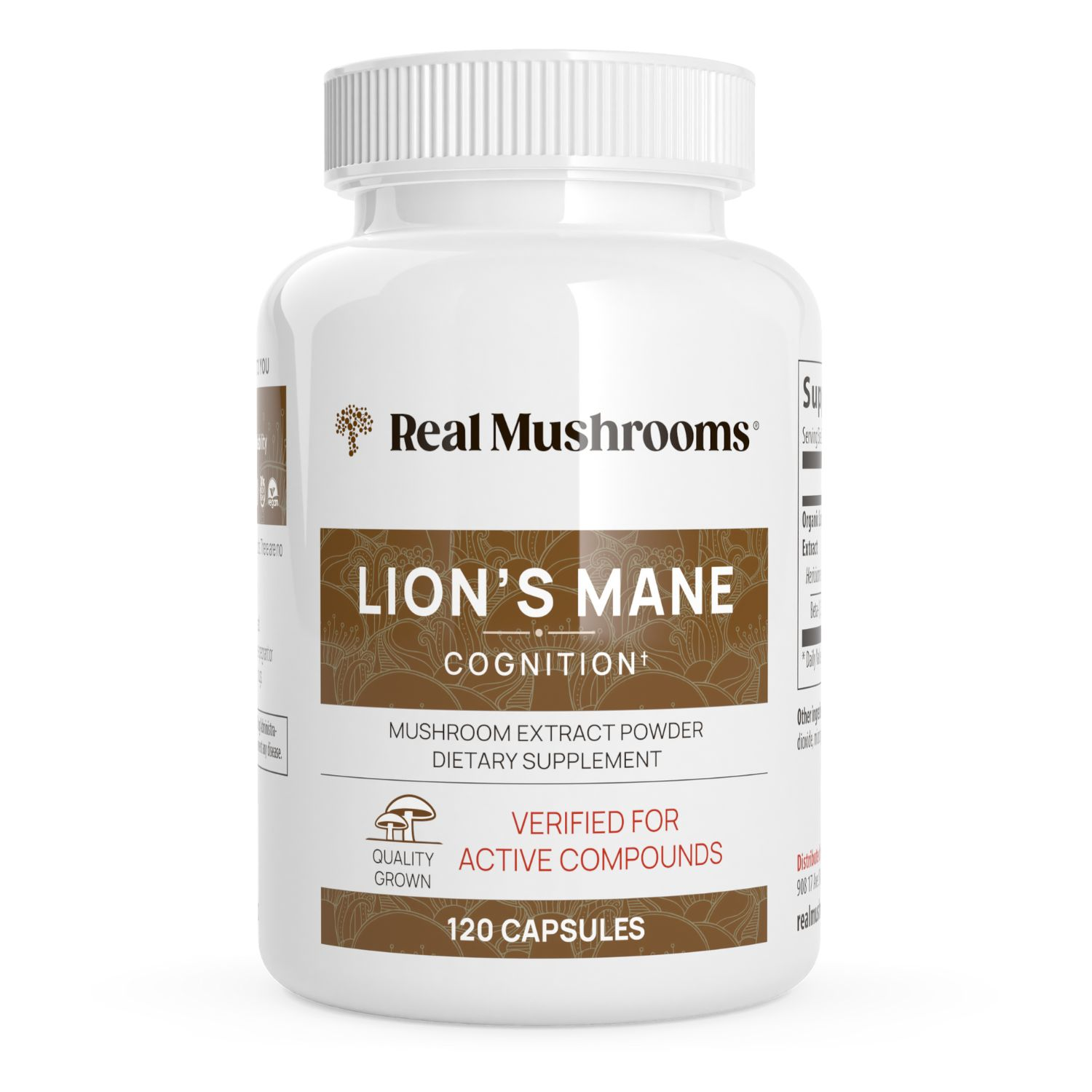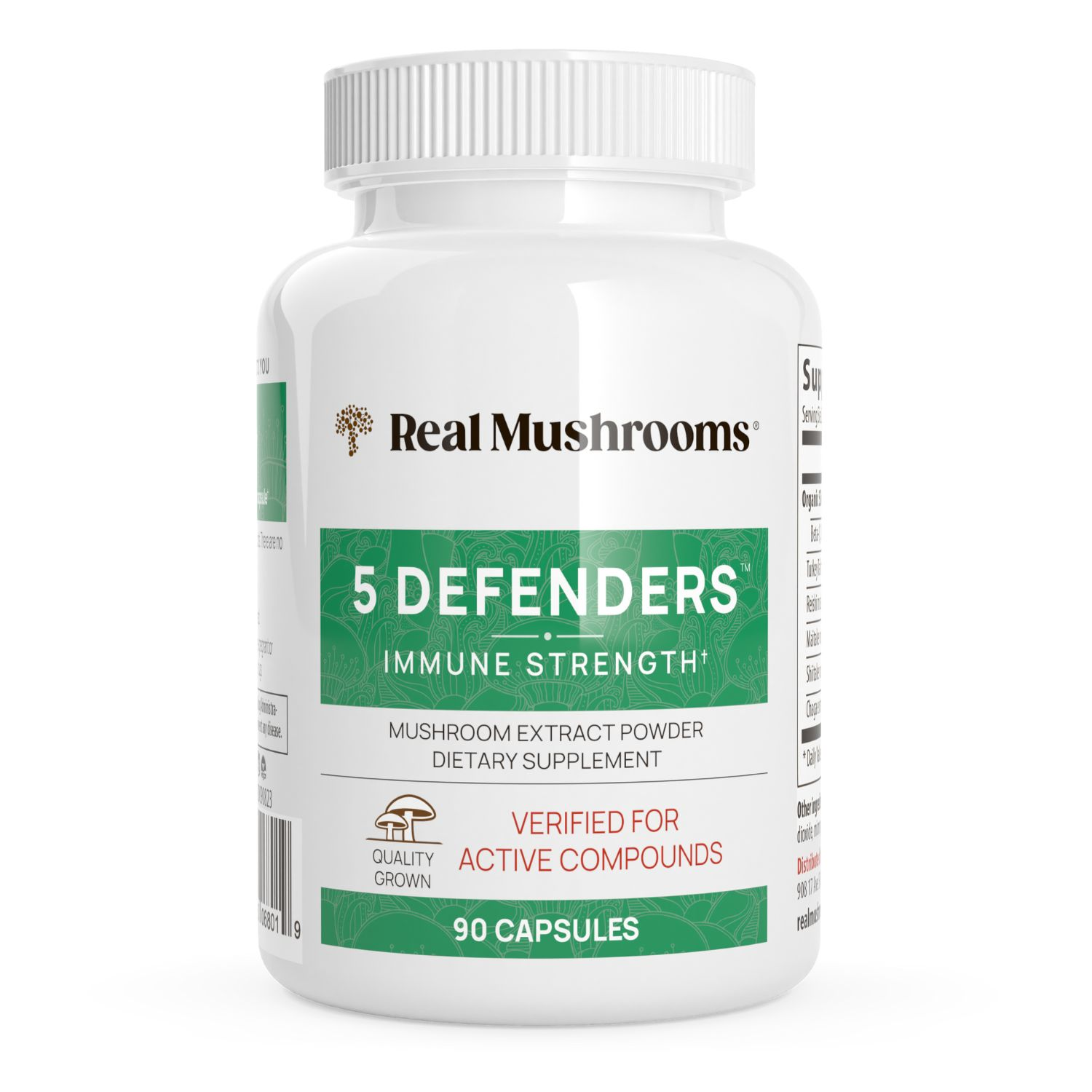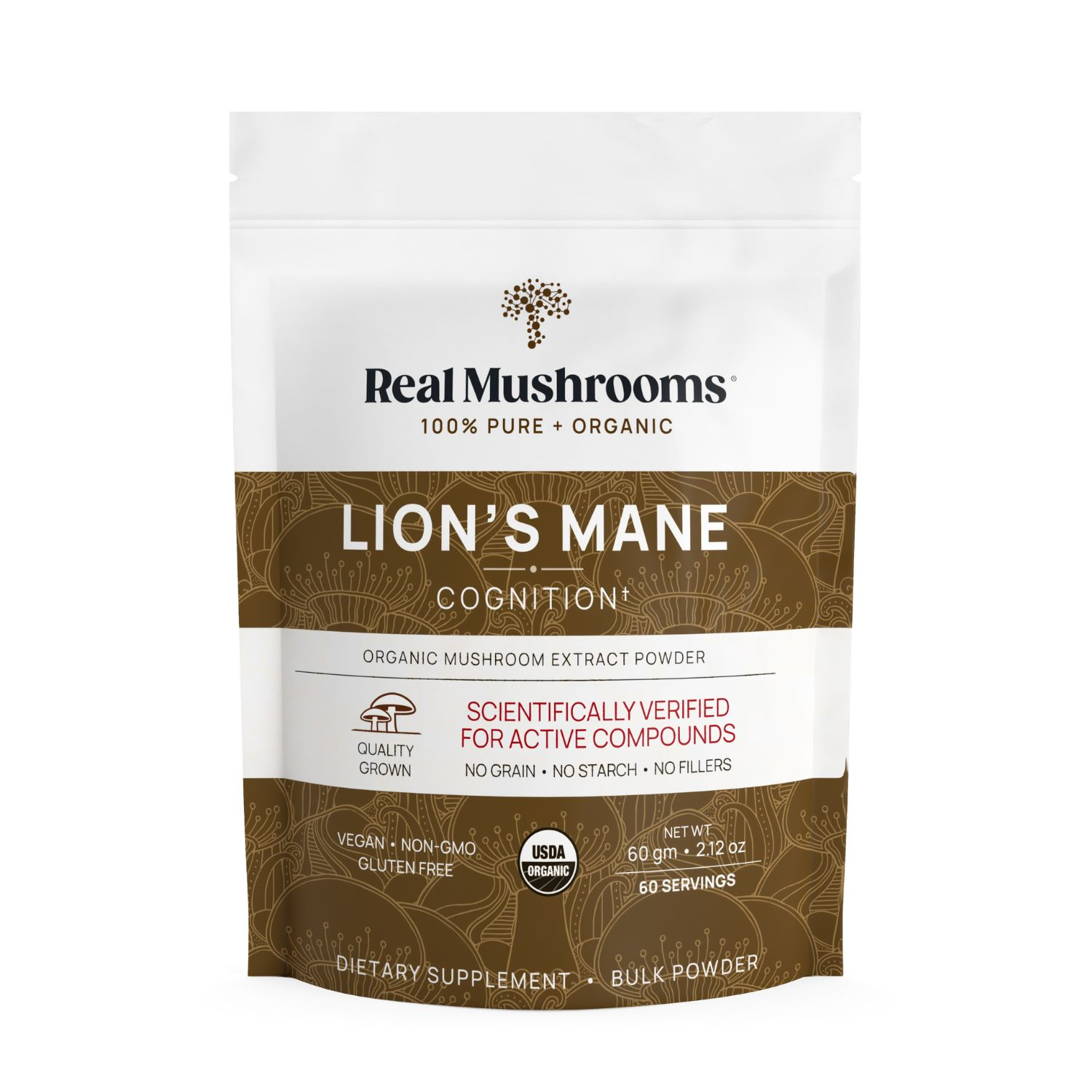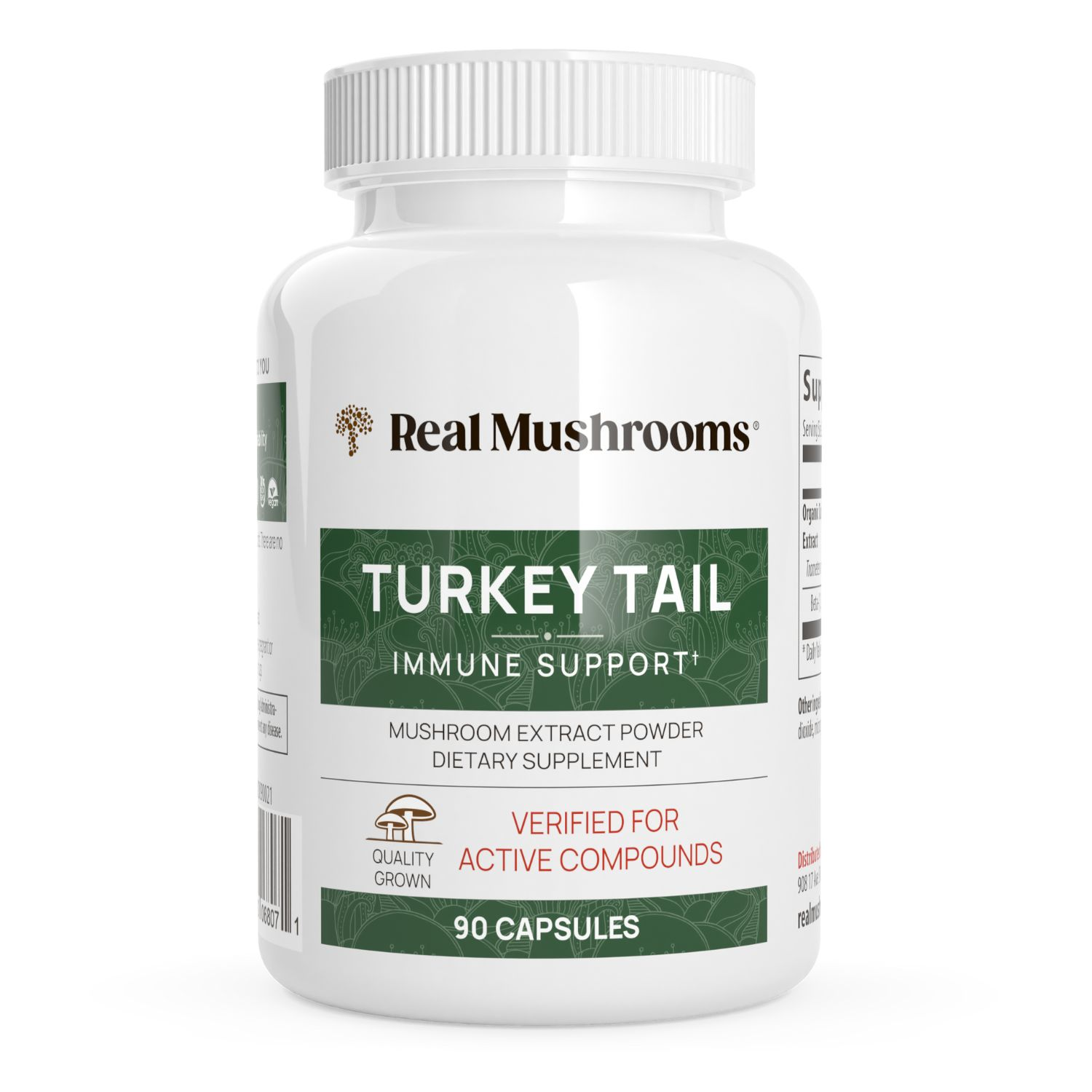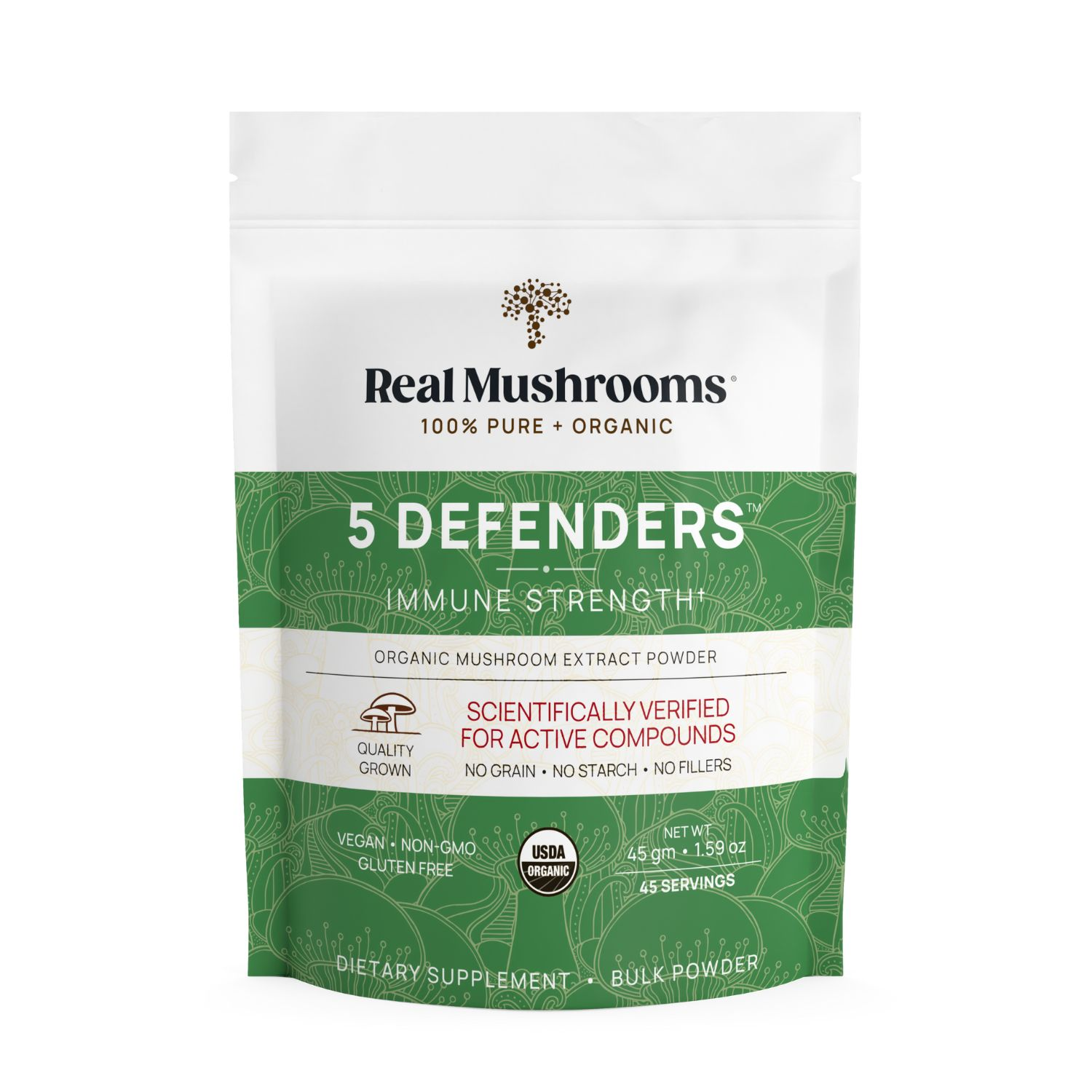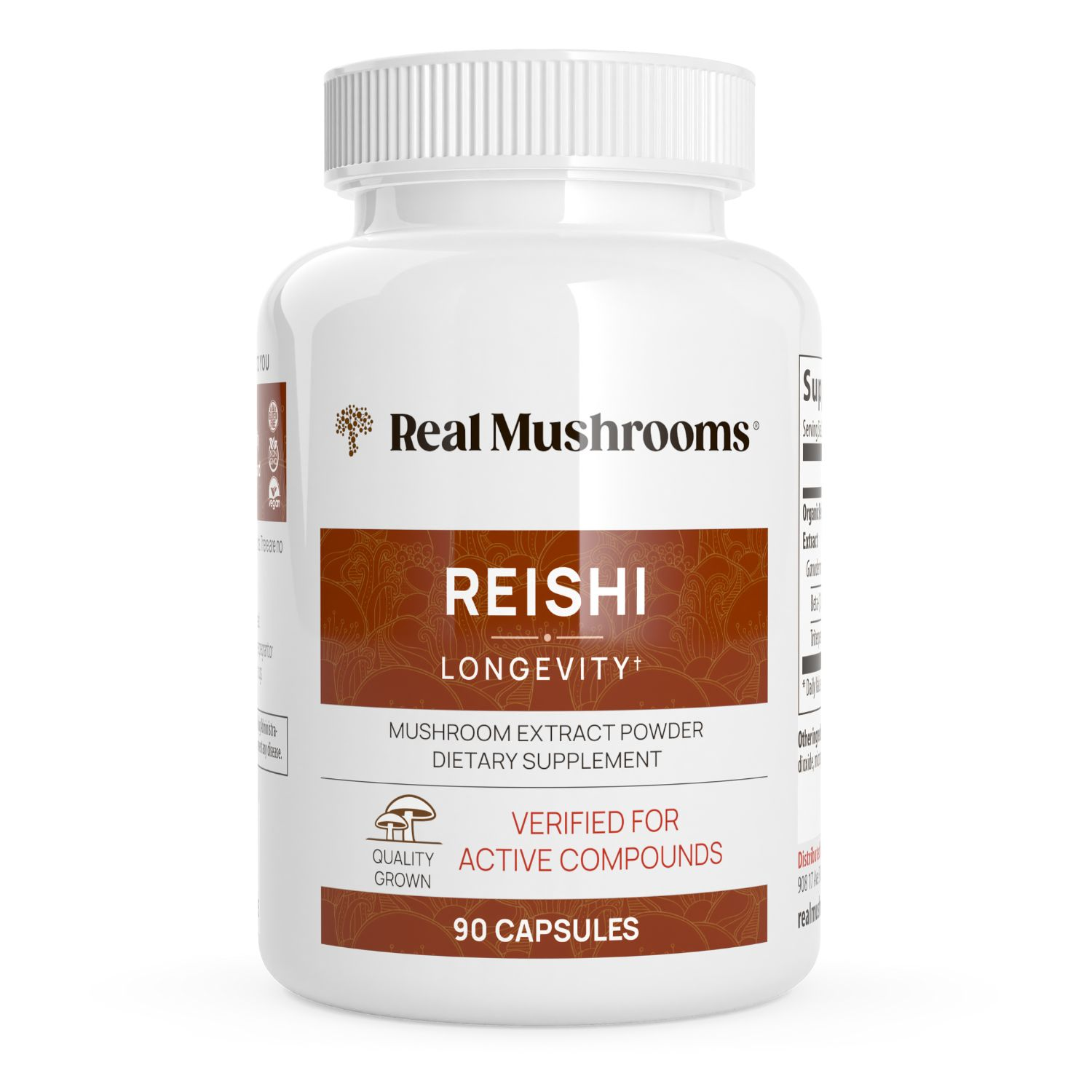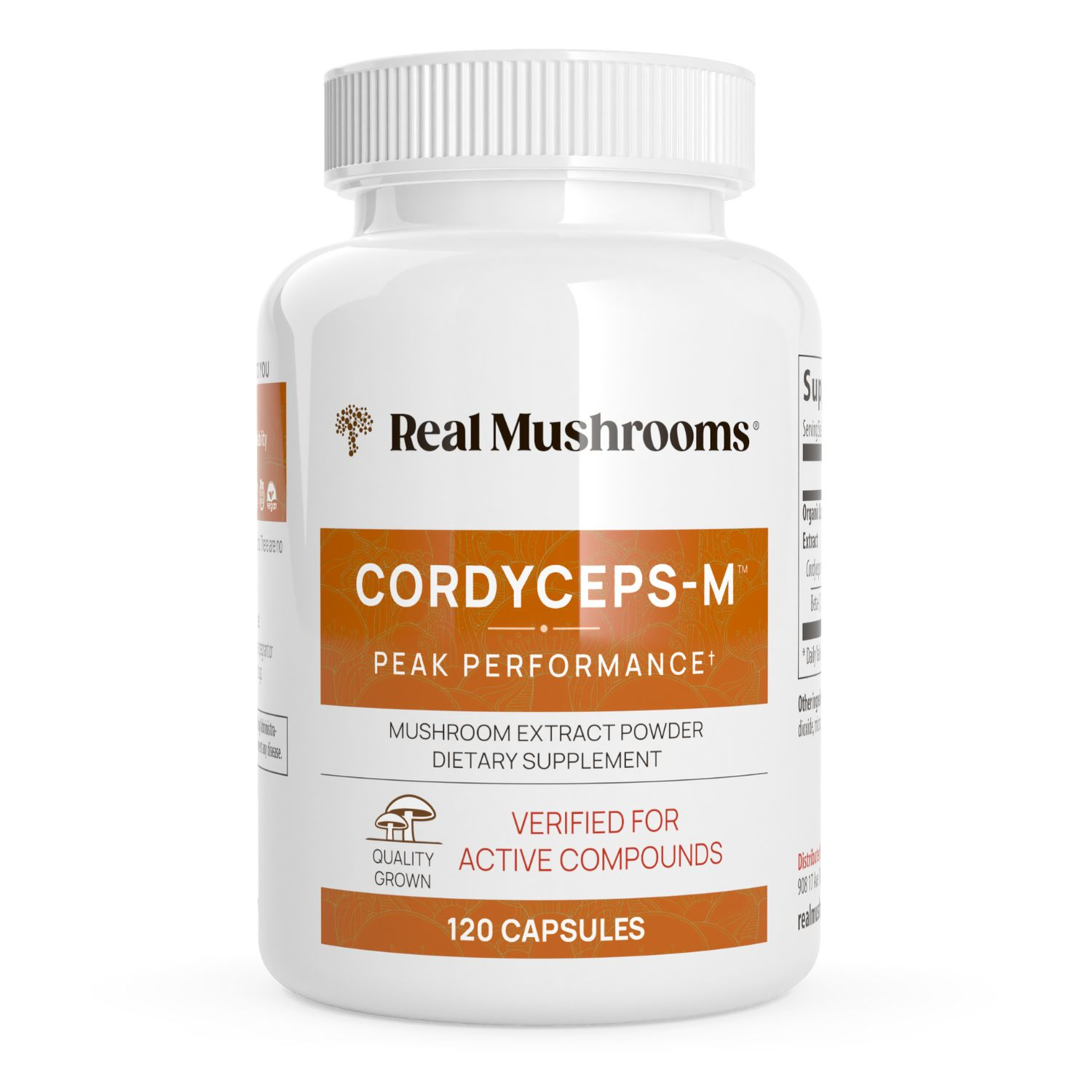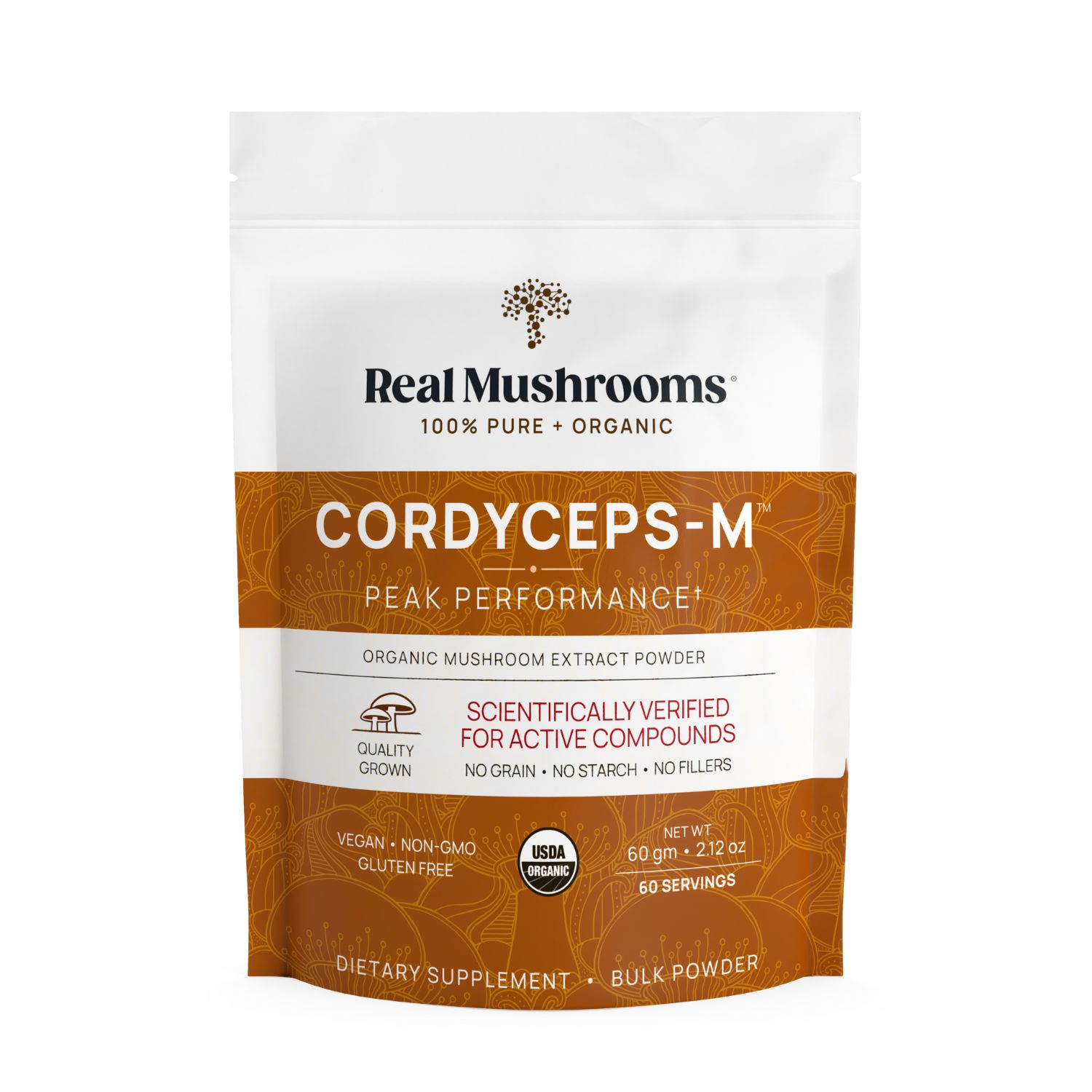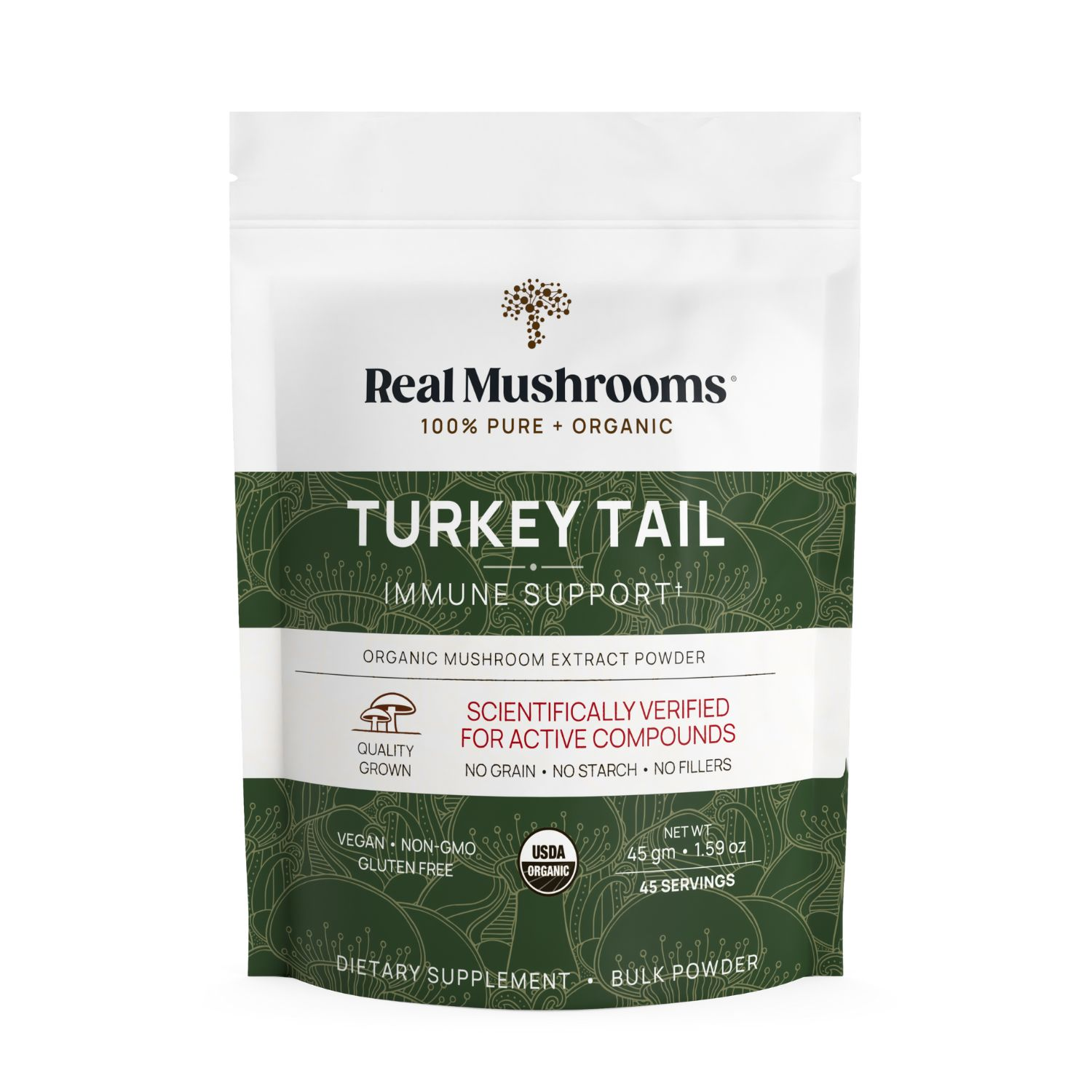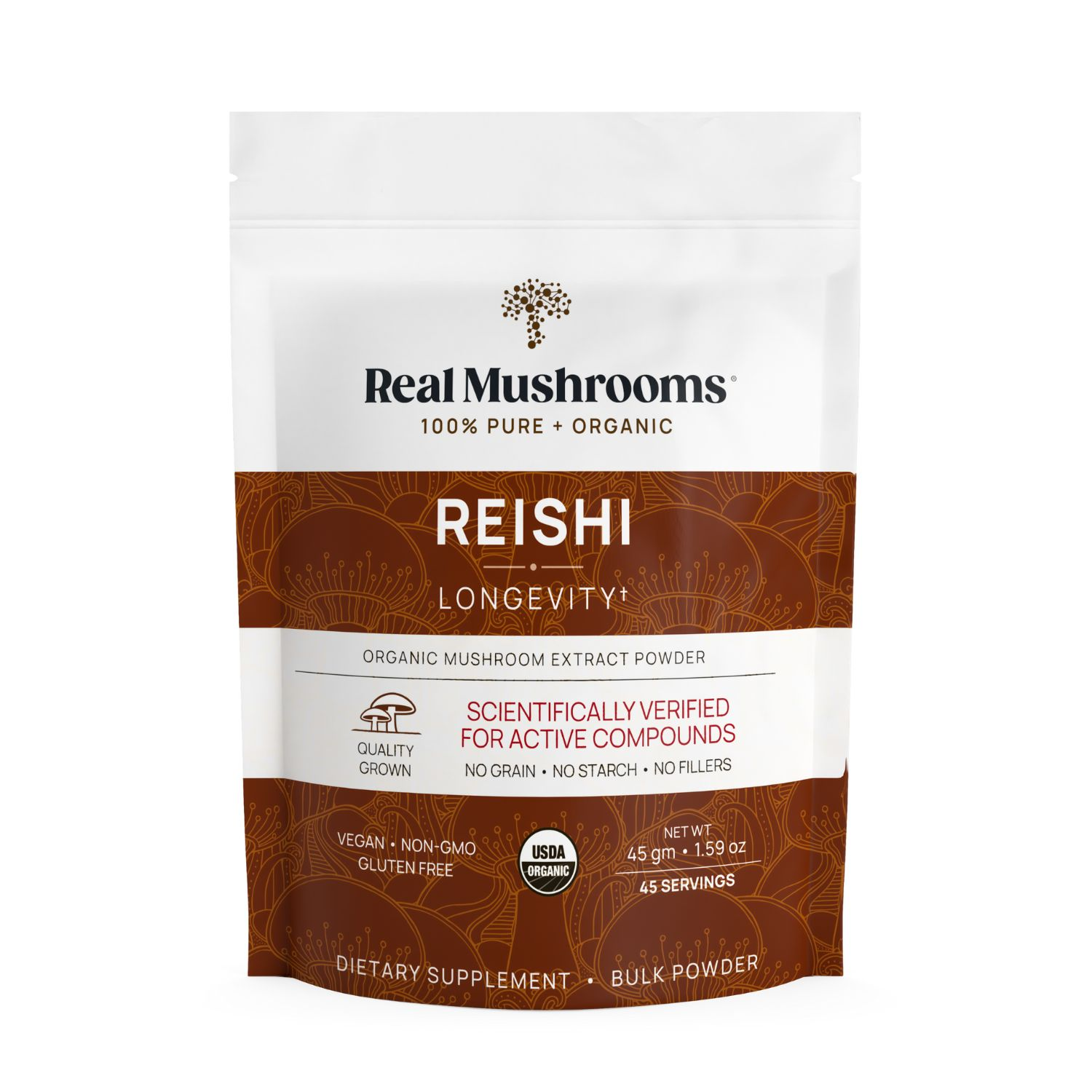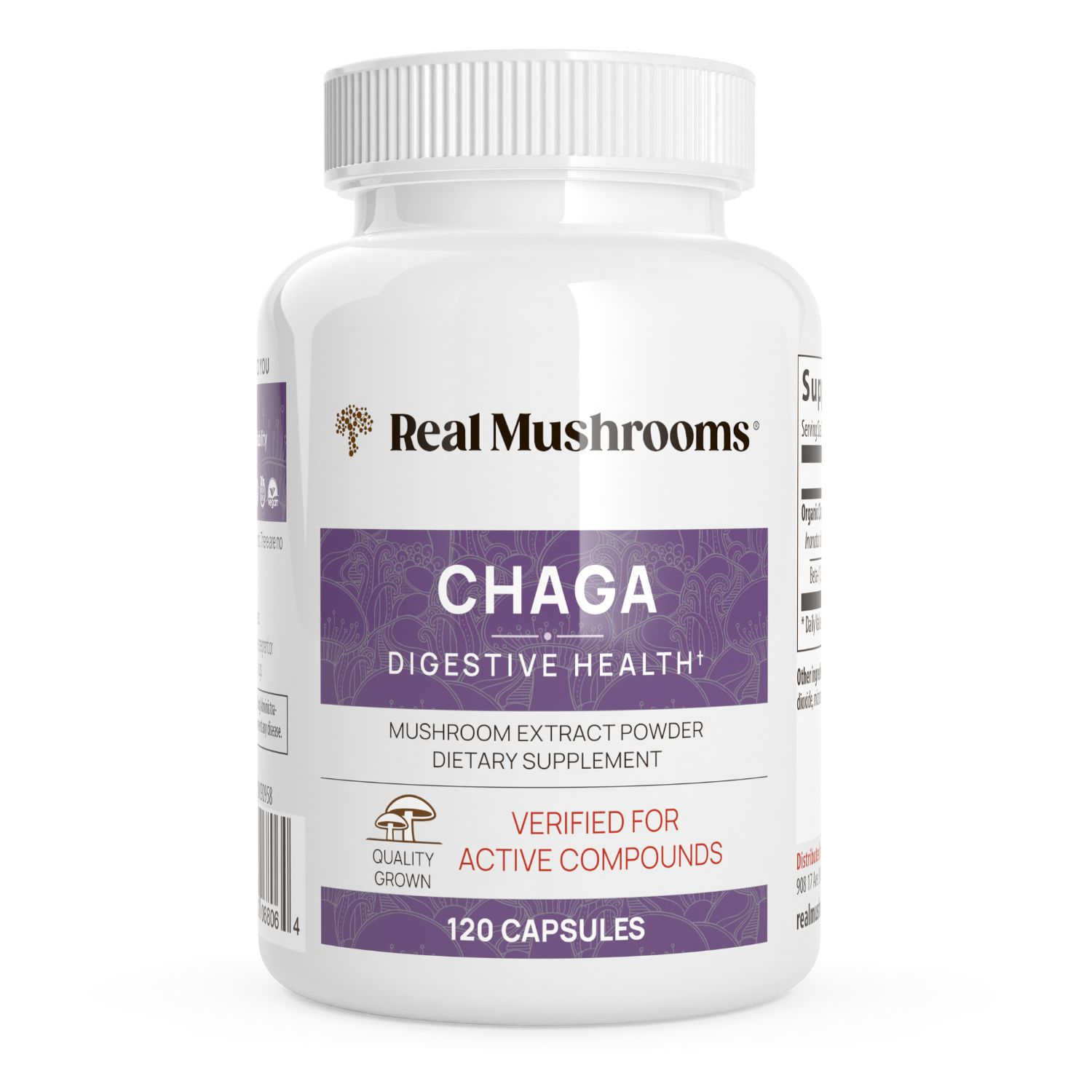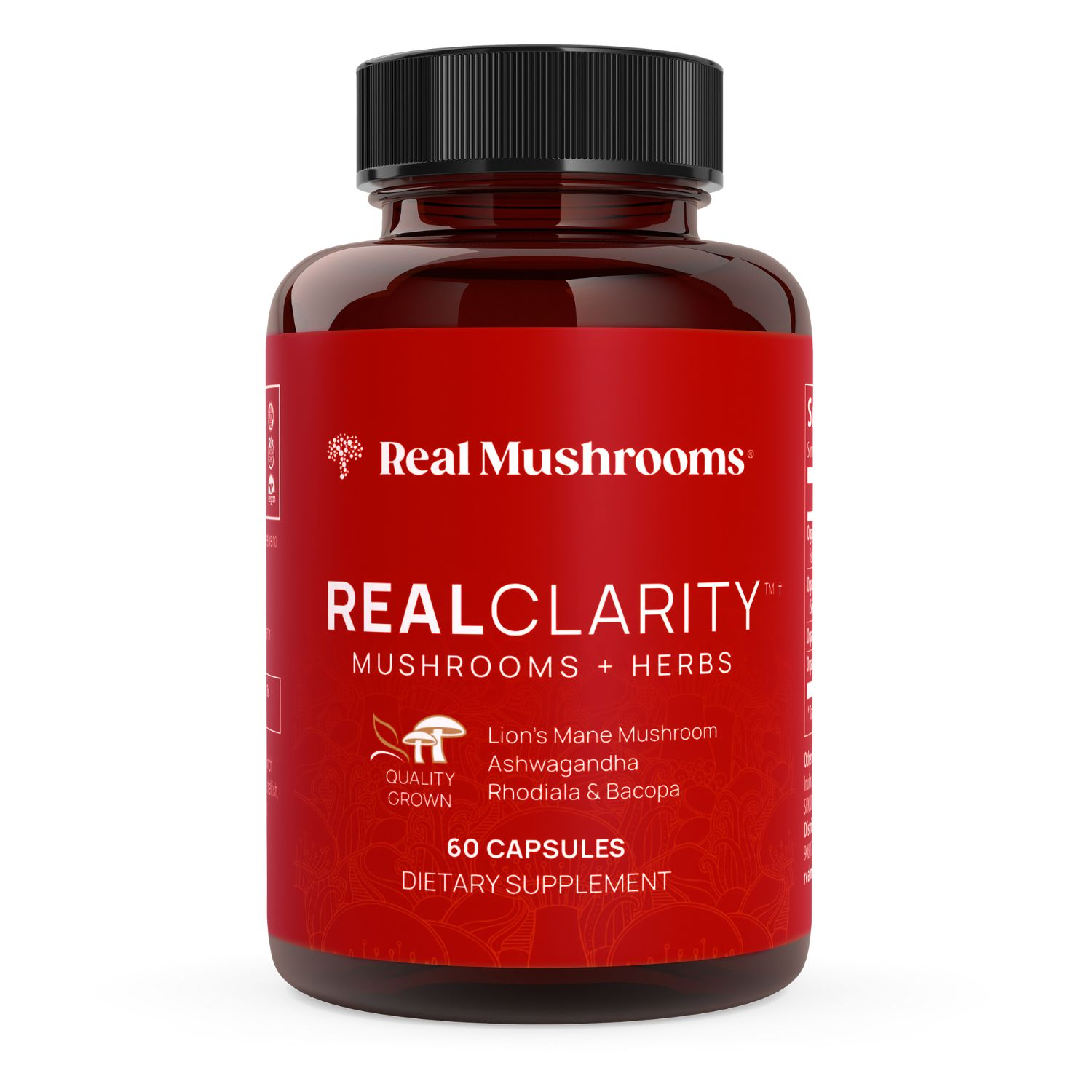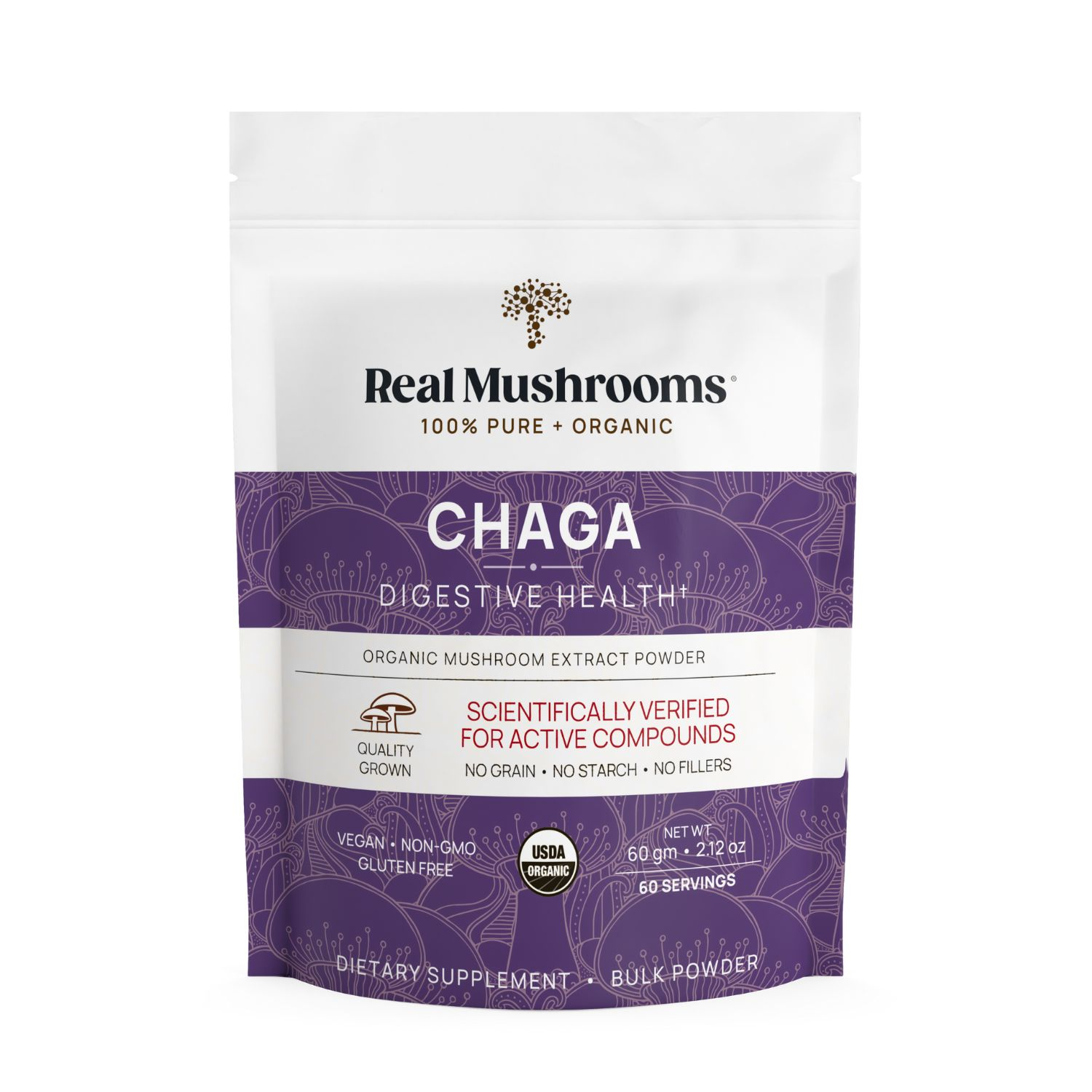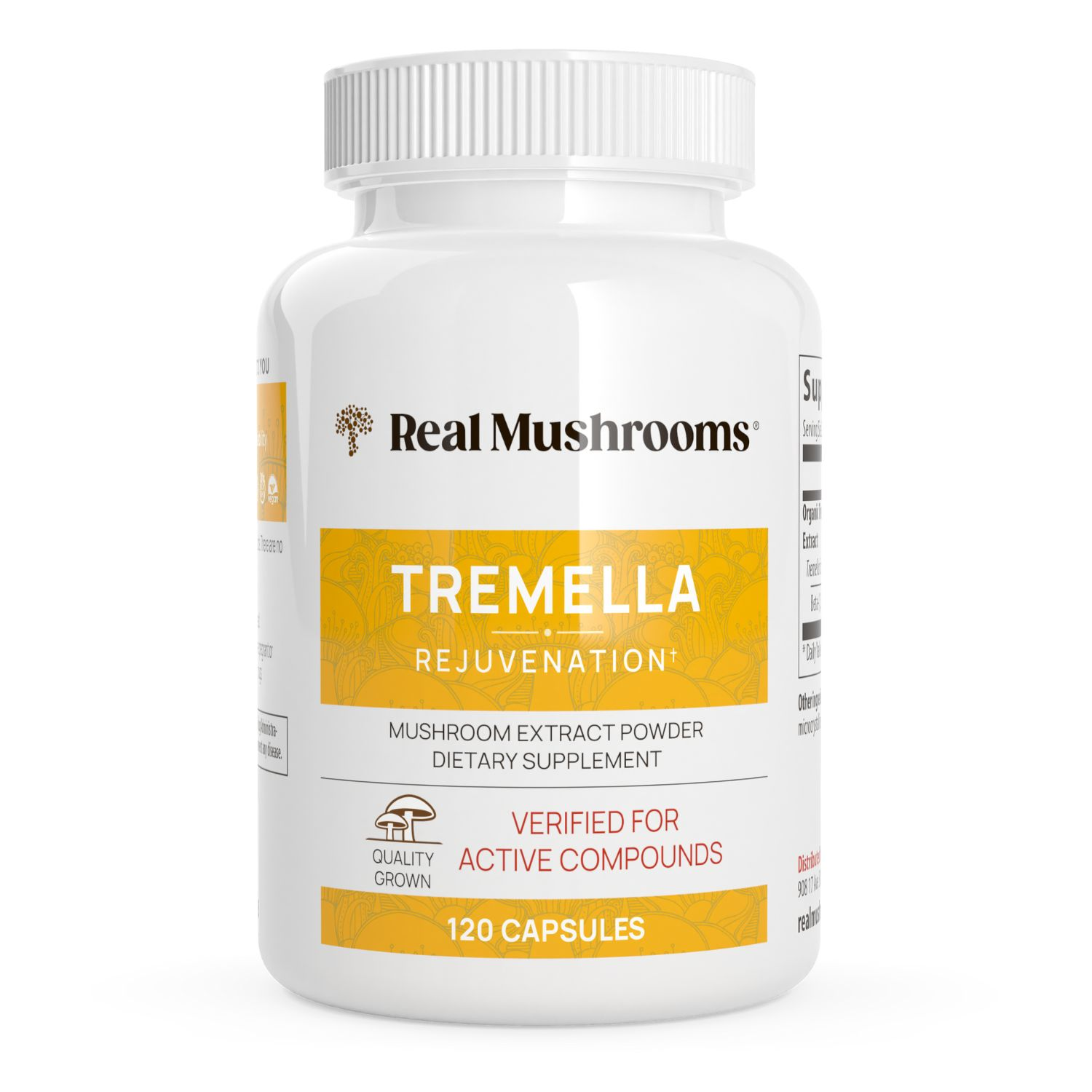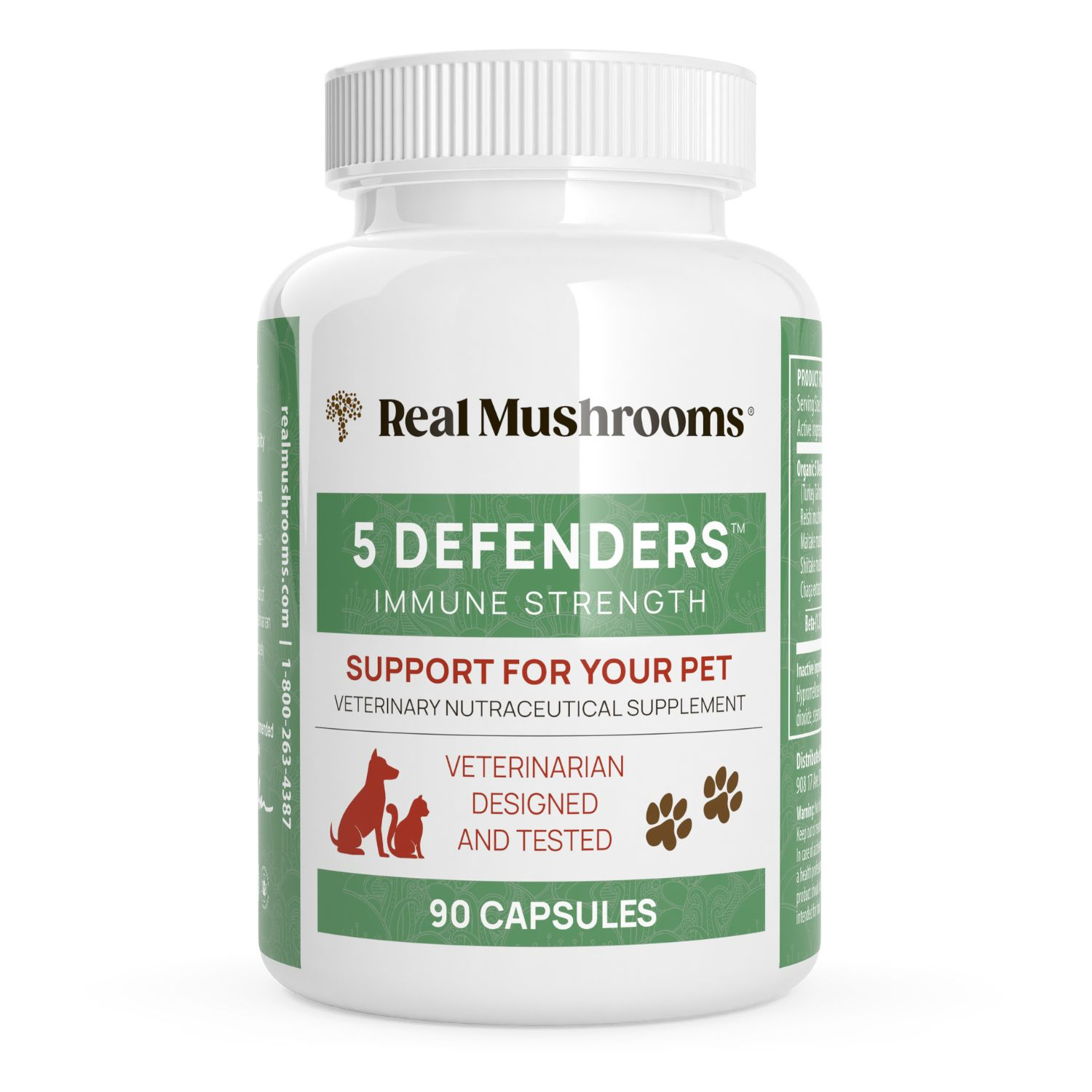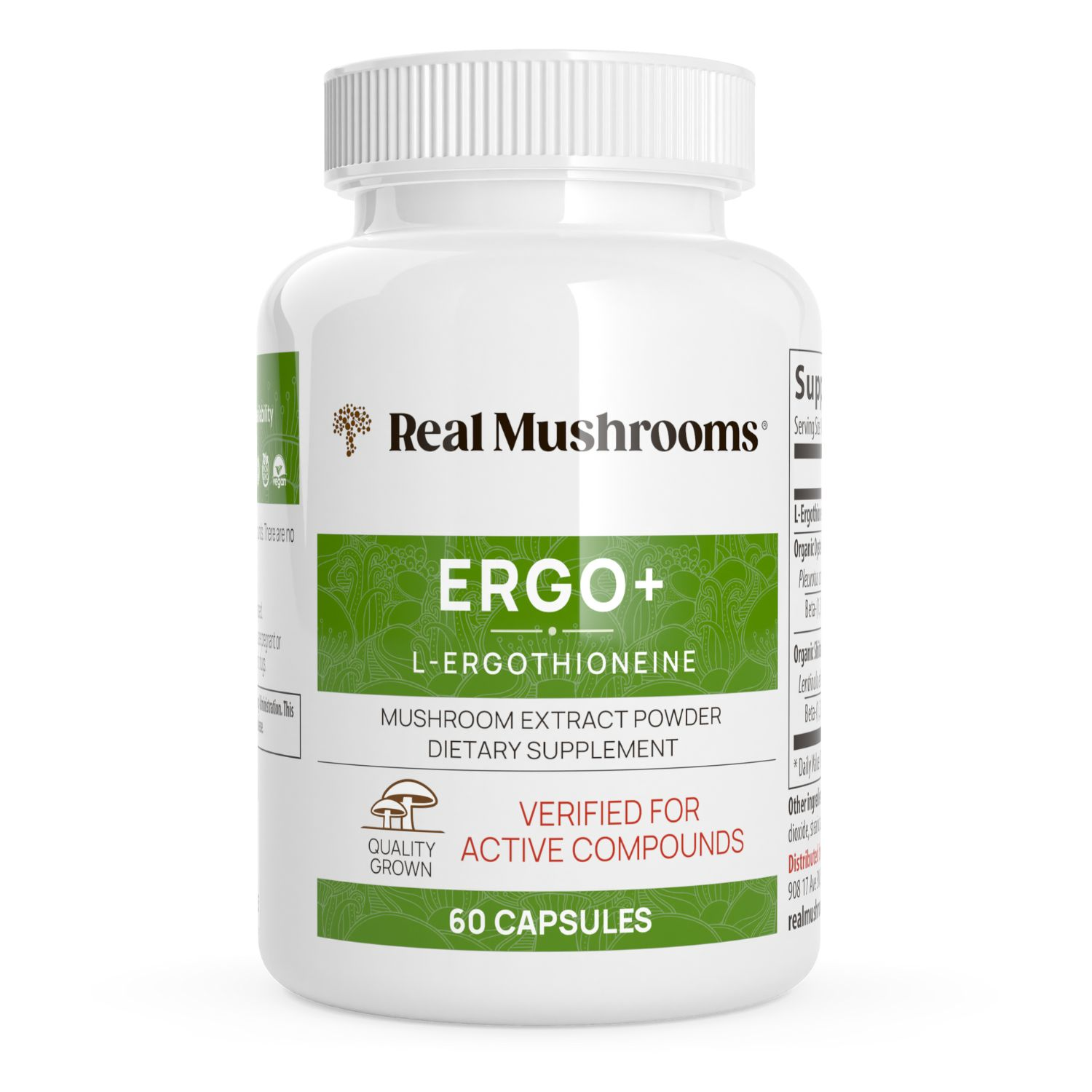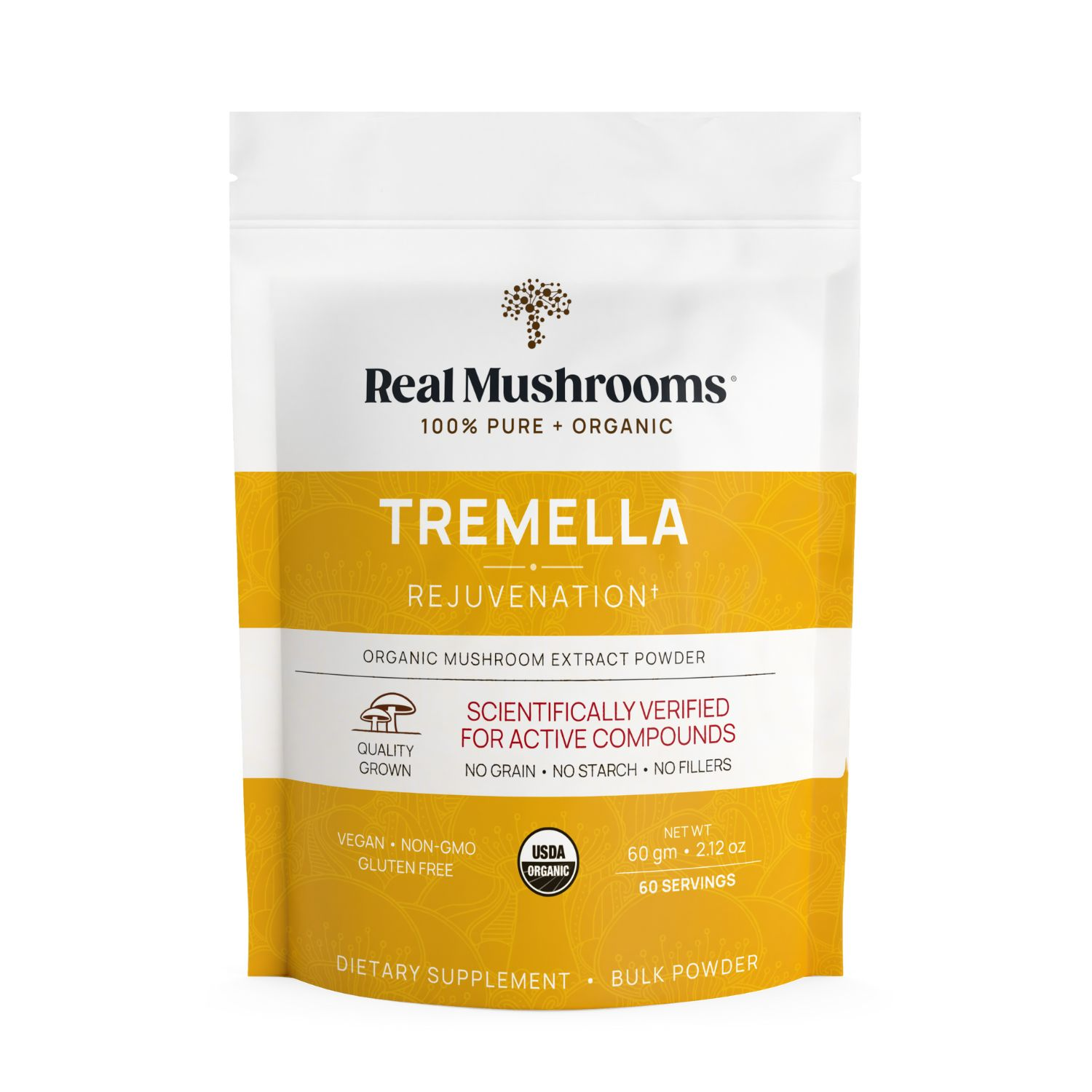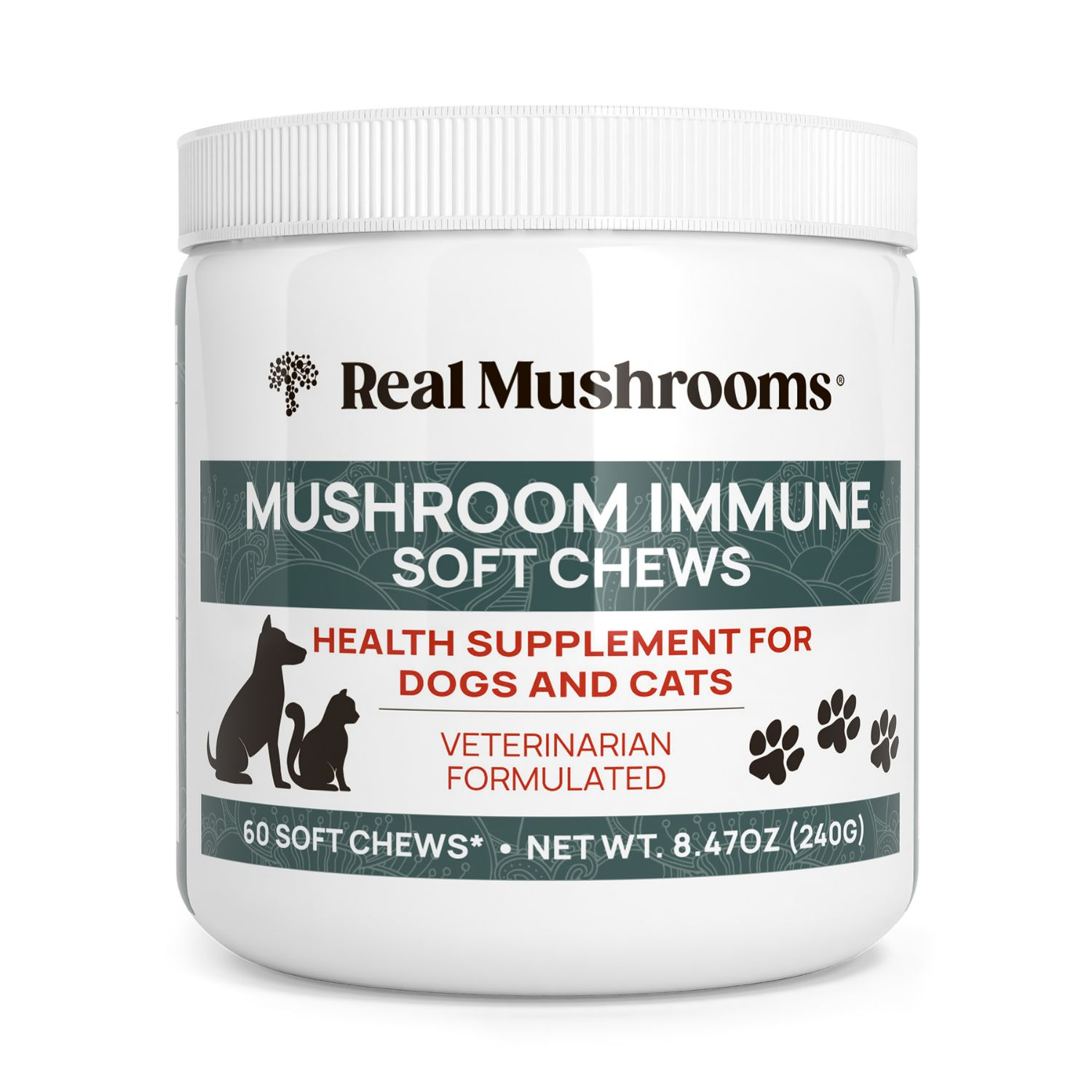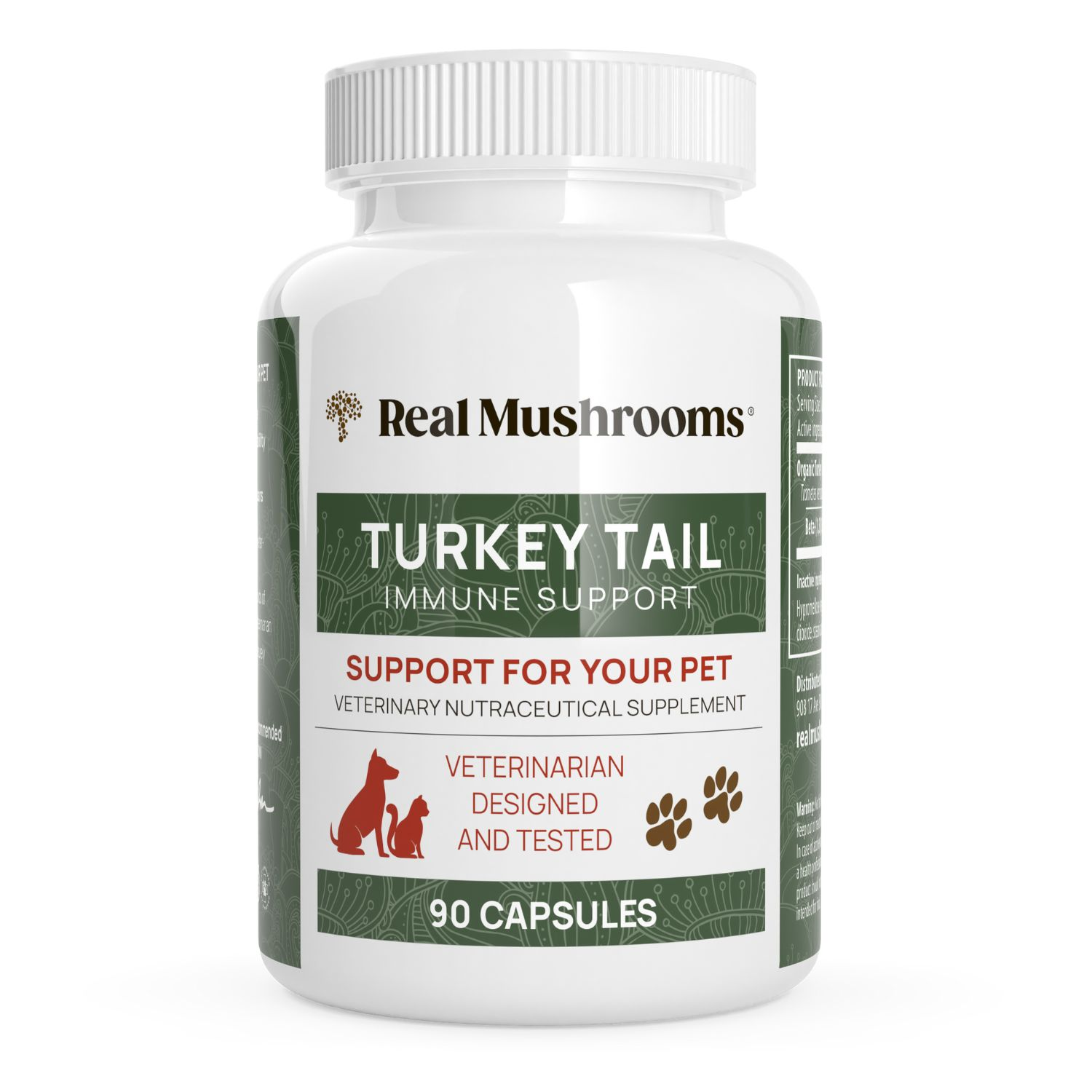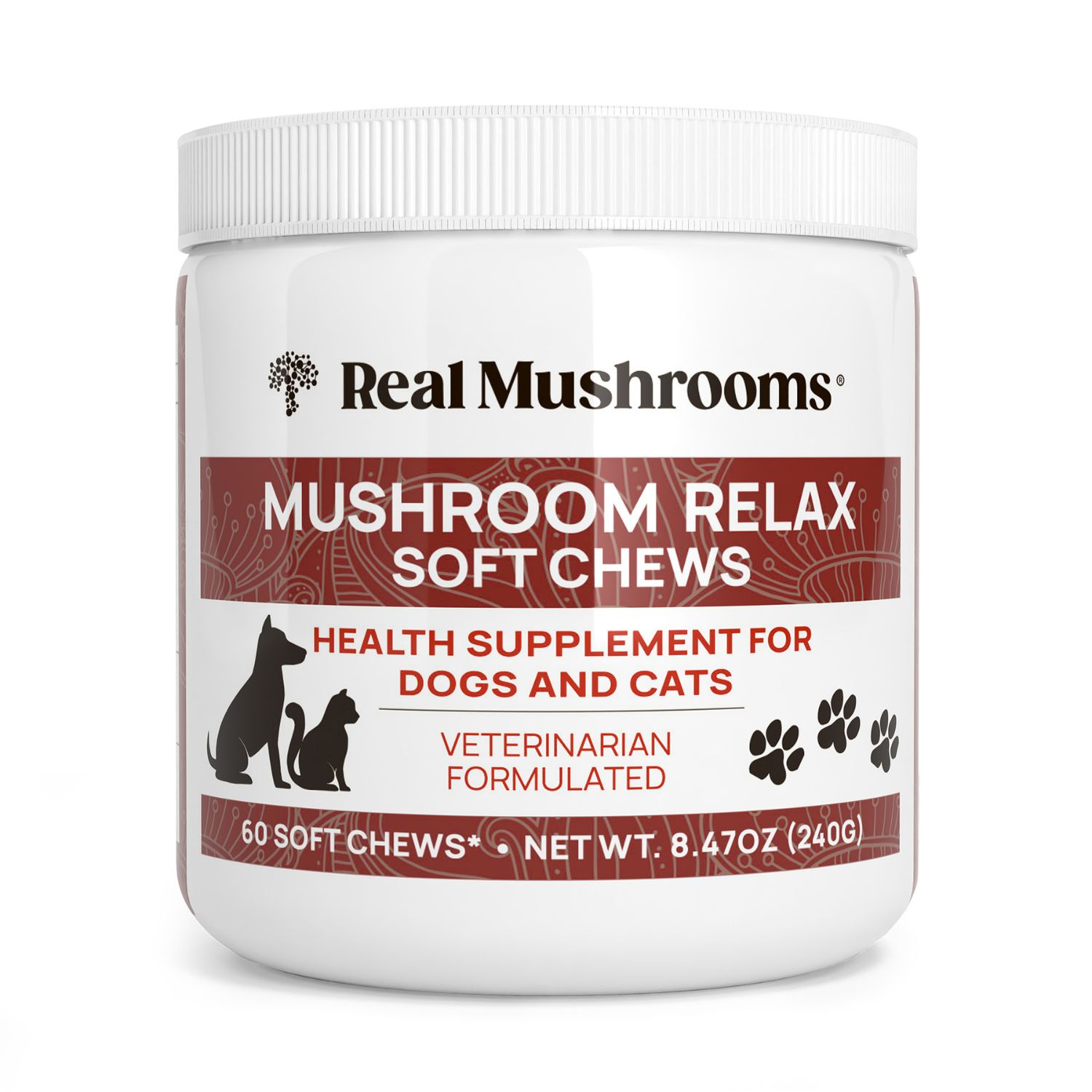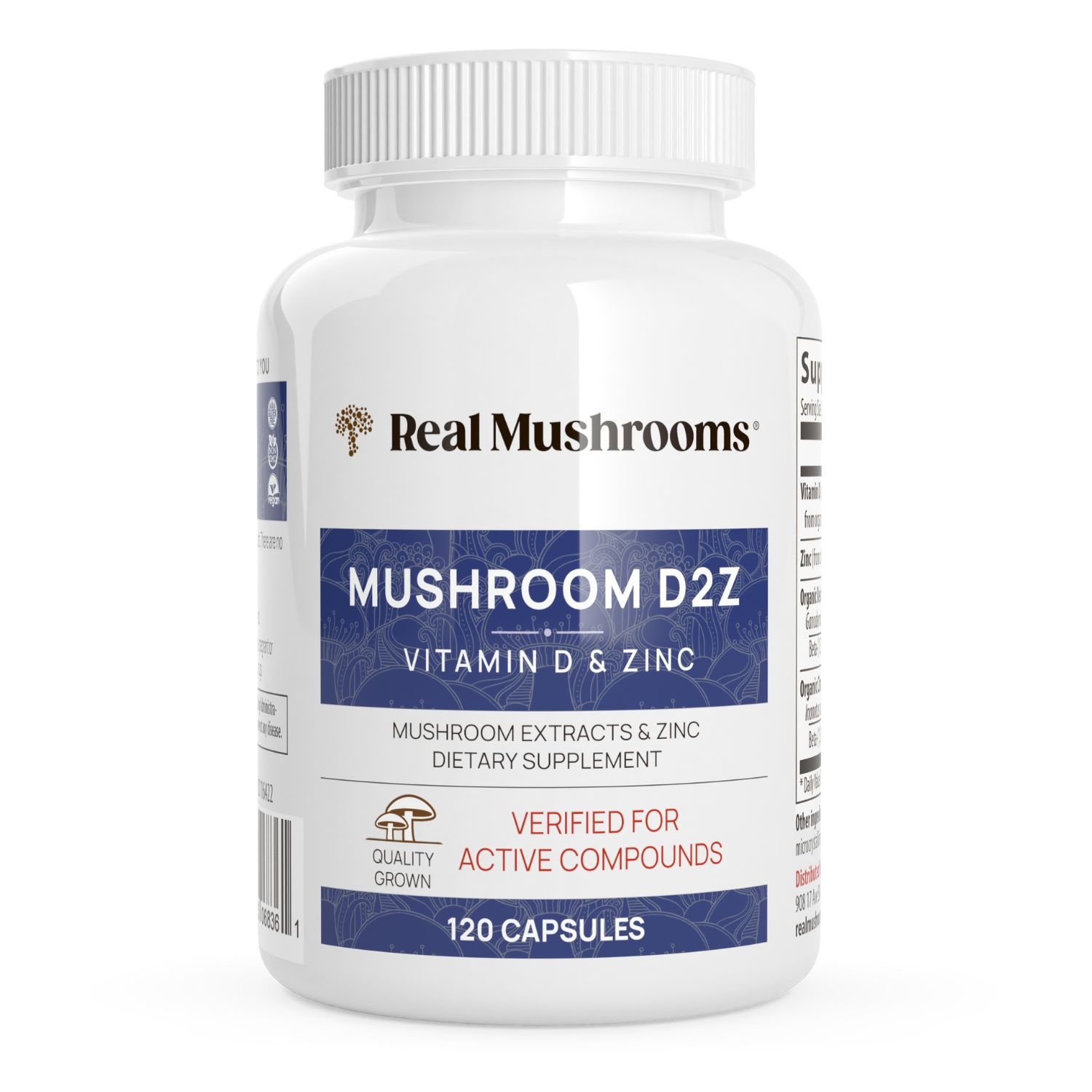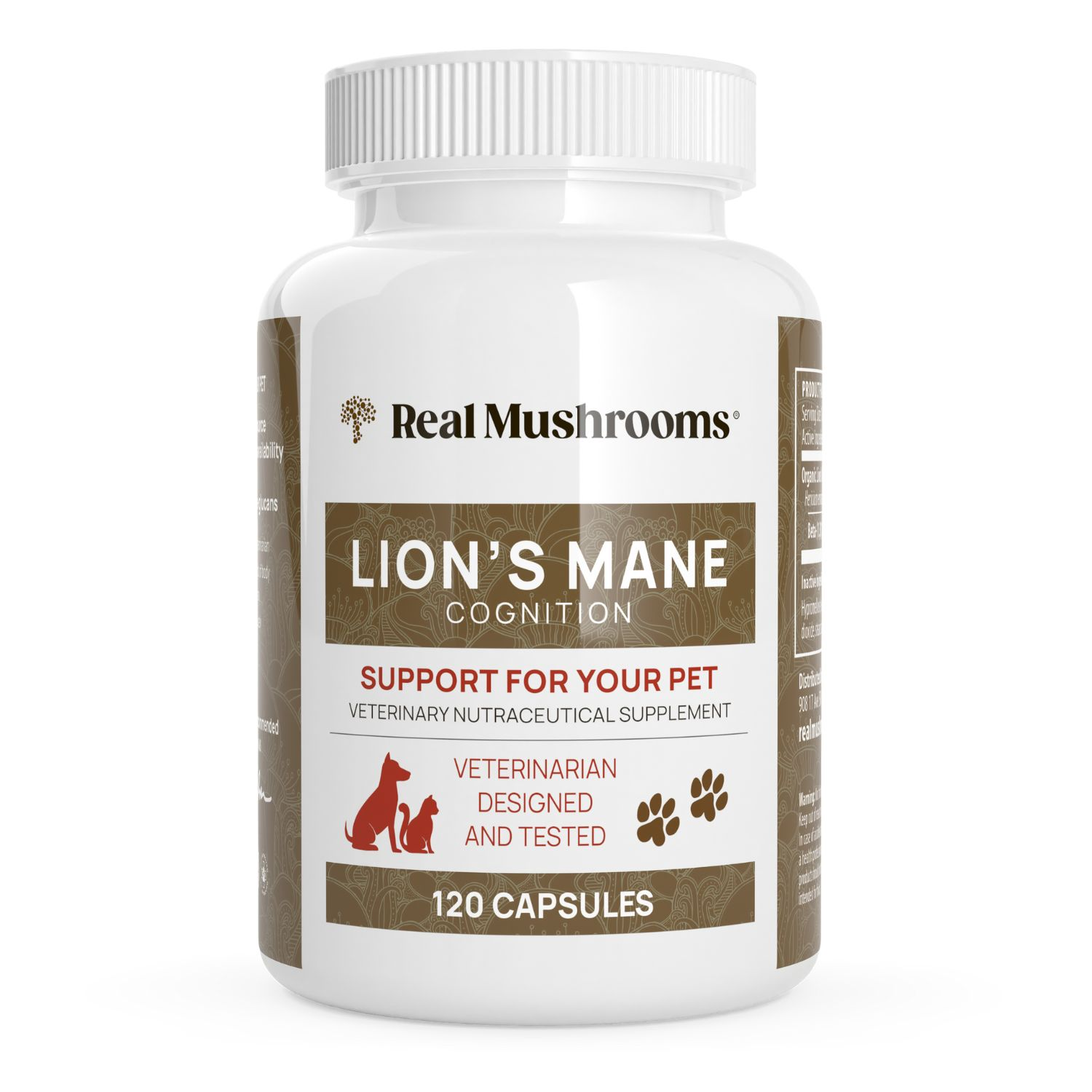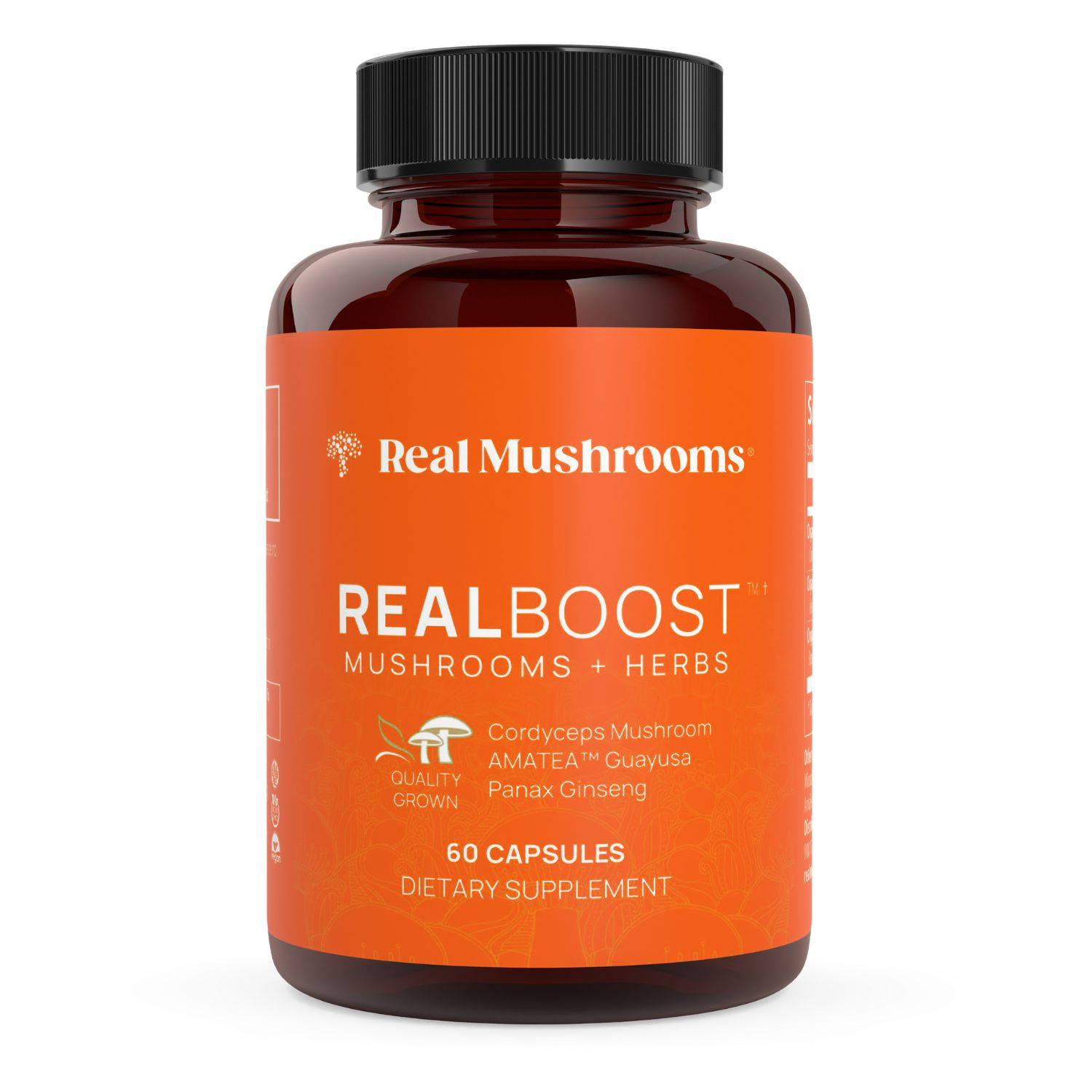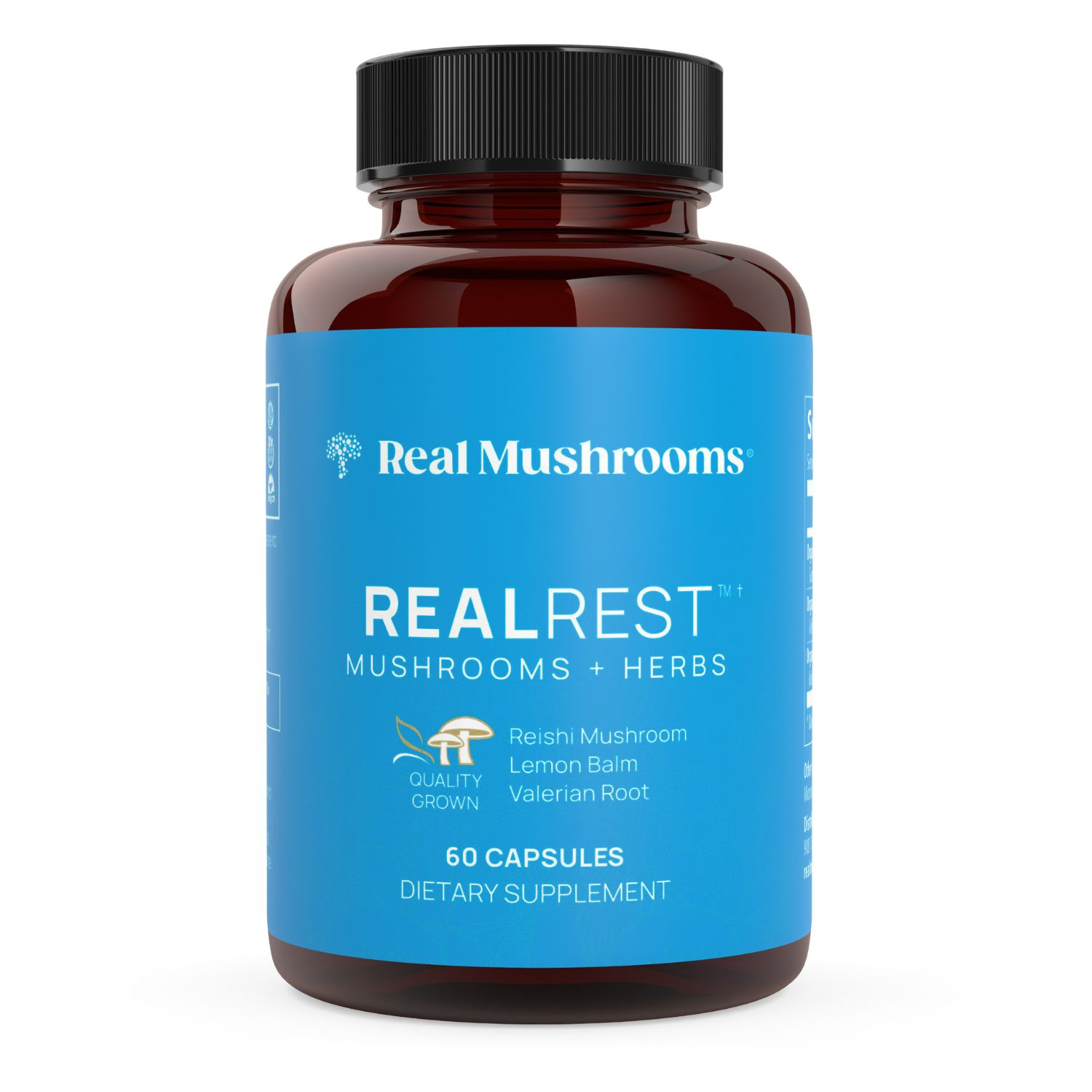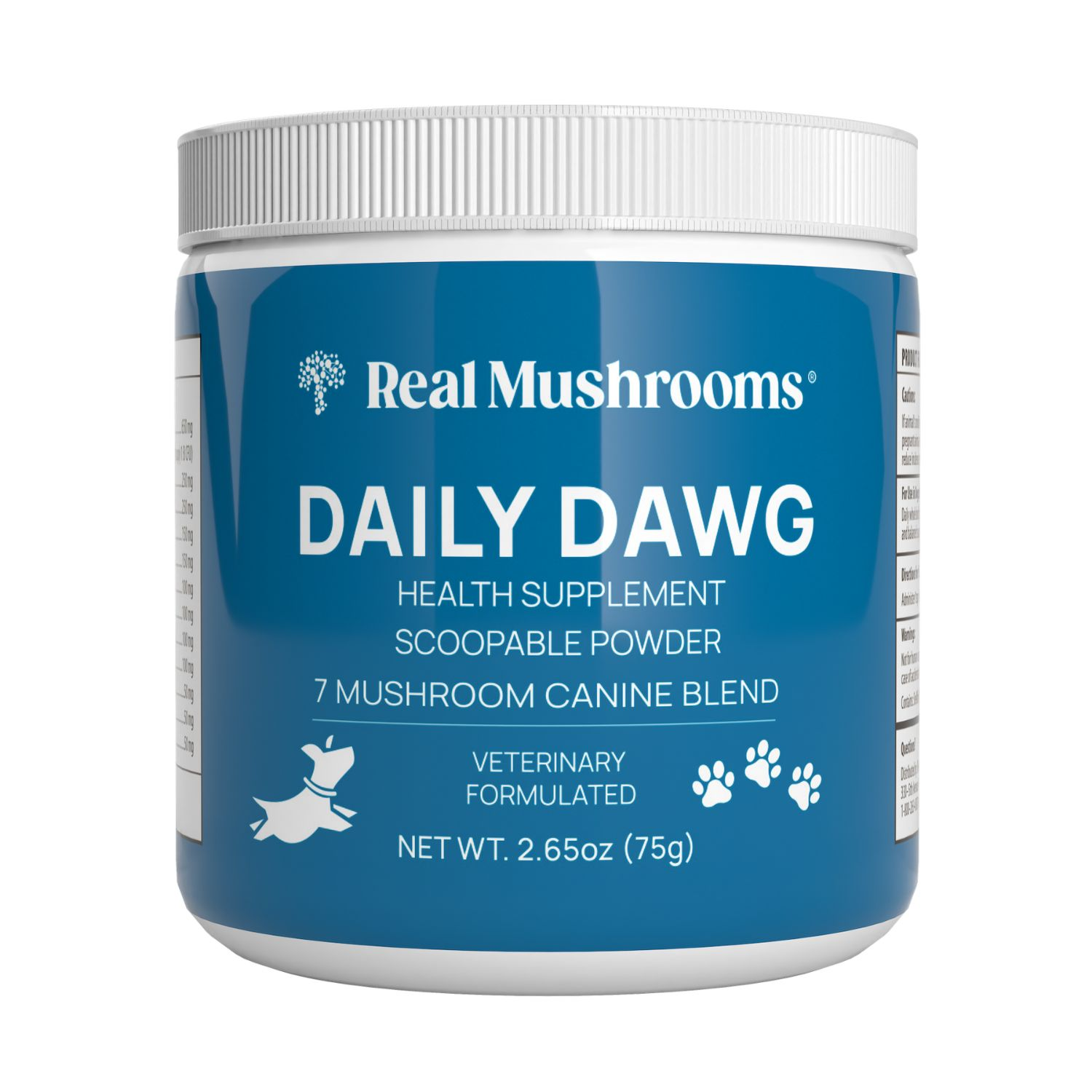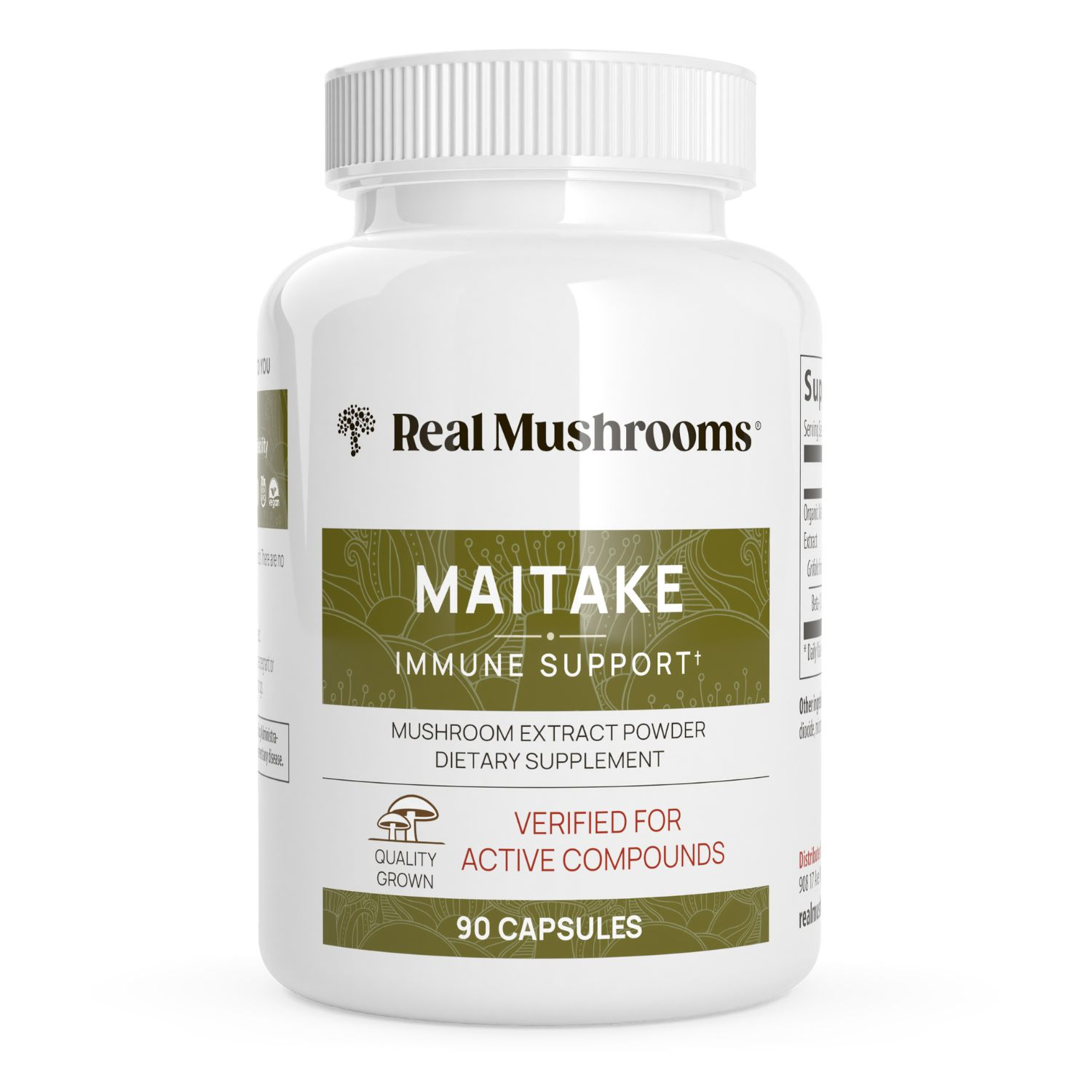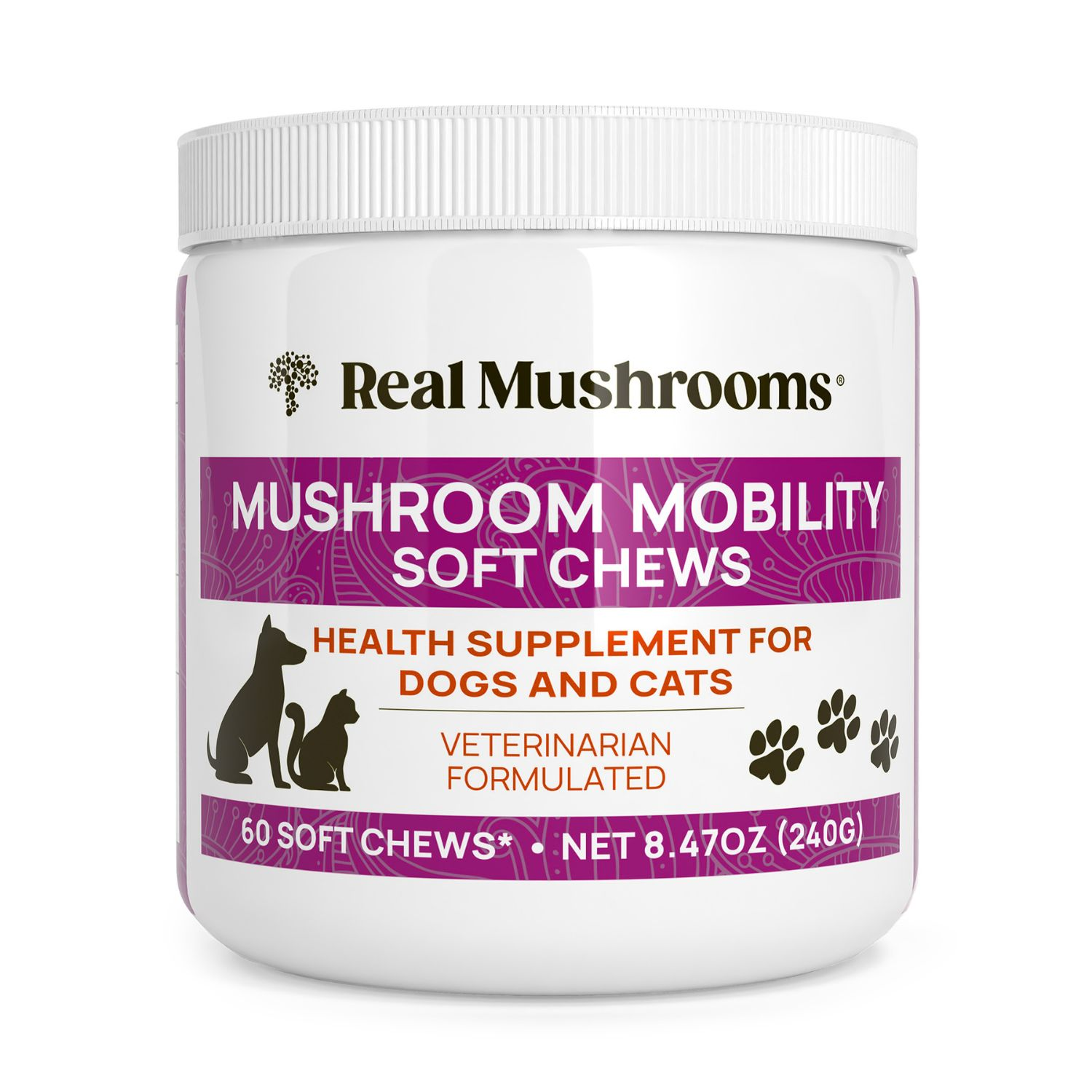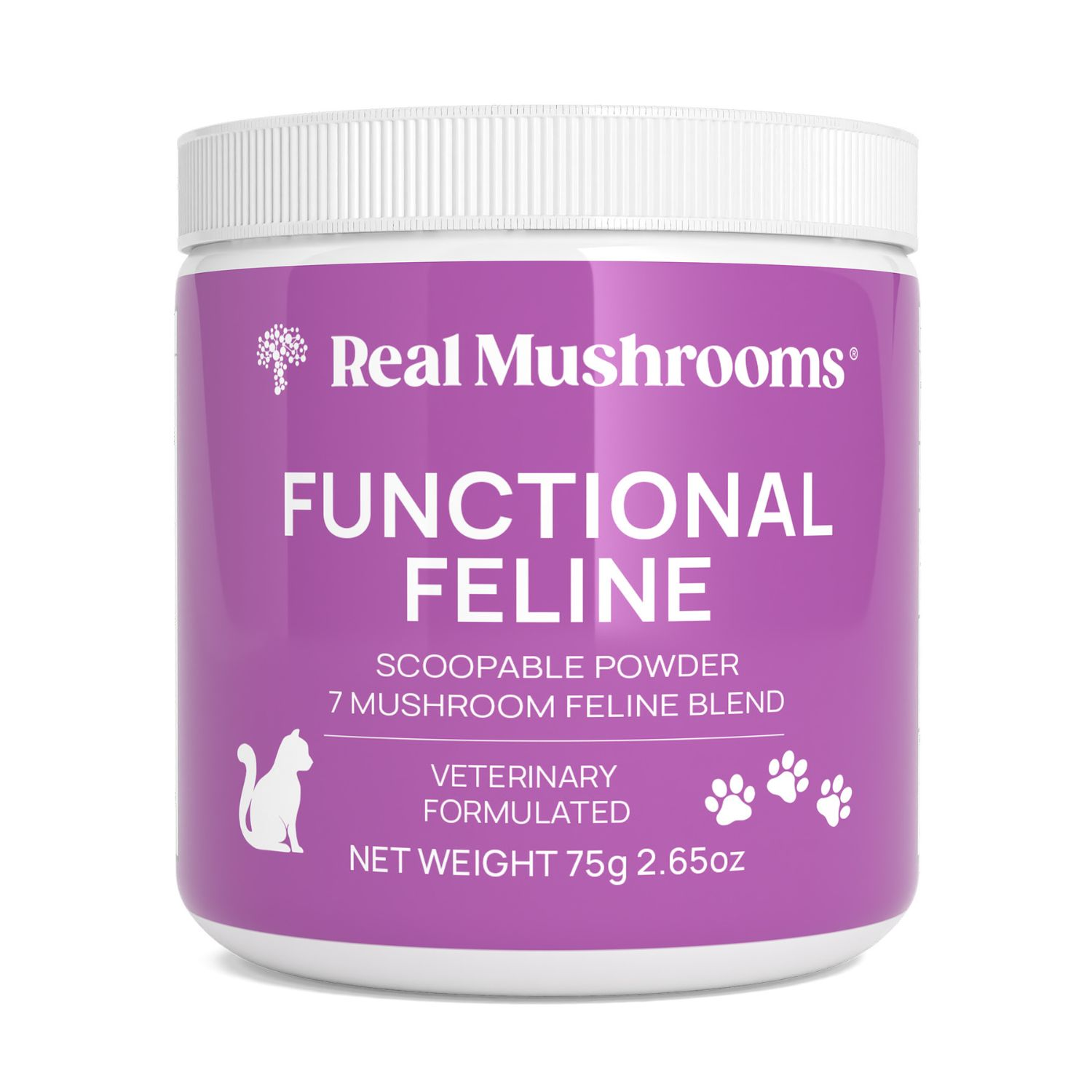How is the Quality and Integrity of Animal Supplements Regulated?
6 minute read
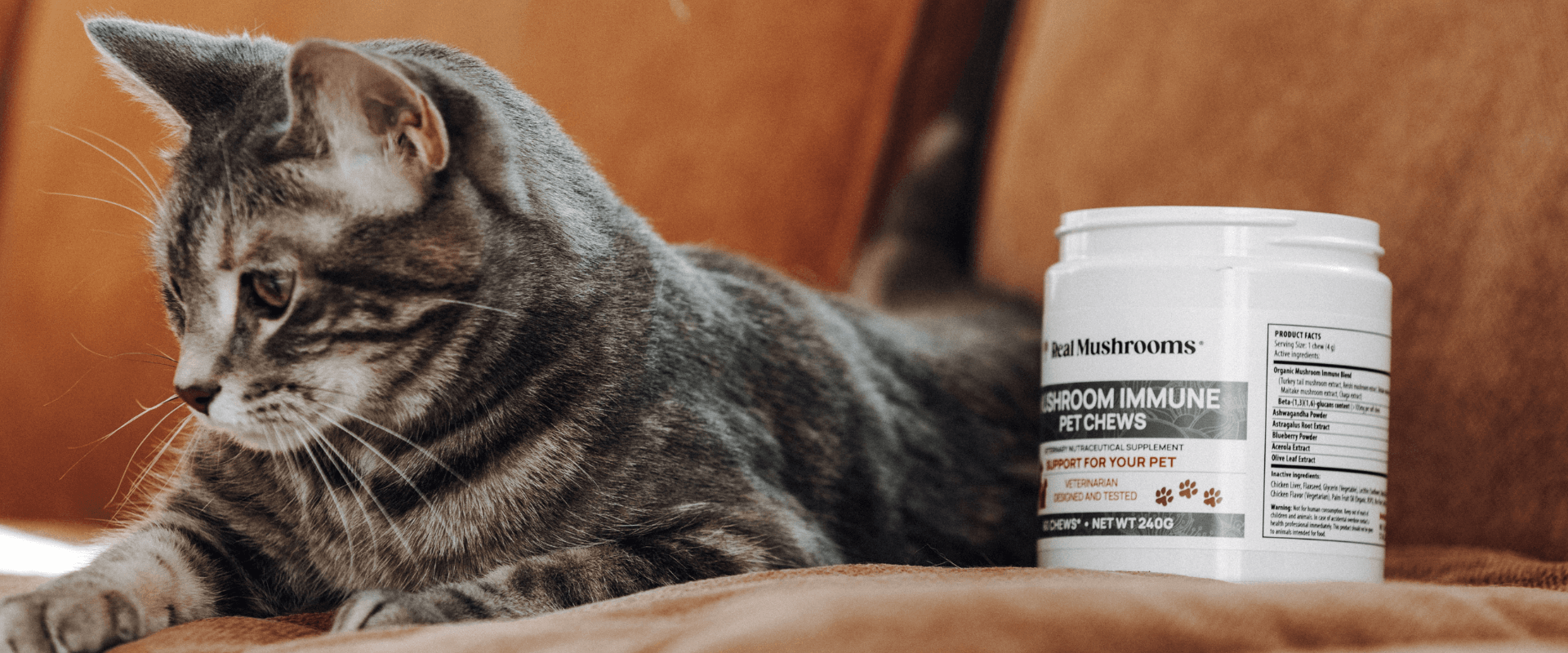
Pet supplements have become a rapidly growing segment of the Animal Health industry. Often one hears the complaint that animal supplements are not regulated, and are the “Wild West” when it comes to quality control and oversight of product claims. This is not true. Pet supplements are regulated by the US Food and Drug Administration (FDA) as “unapproved drugs.”
In This Article:
- The FDA’s Regulatory Perspective: Food, Drugs, and Supplements
- Medical Claims and Compliance: The Case of Glucosamine
- DSHEA: A Framework for Human Supplements, But Not for Animals
- The NASC: Safeguarding Standards in Animal Supplements
- The NASC Seal: A Mark of Quality and Trust
- Addressing Pet Parent Concerns: Navigating Regulatory Constraints
- The Role of Language in Regulatory Compliance
- Educating the Veterinary Community About Animal Supplements
- Conclusion: Balancing Safety and Compliance
The FDA’s Regulatory Perspective: Food, Drugs, and Supplements
In the eyes of the FDA, if an animal supplement product is not a food or a drug, there is no legislated guidance to regulate that product. The FDA is very binary, as its name implies (Food and Drug Administration). By definition, supplements are neither drugs nor food.
Even though dietary supplements are neither food nor drugs, they can positively influence health. The FDA is concerned that dietary supplements' health benefits could be considered drug claims. Therefore, the FDA forbids companies from describing the benefits of their supplements with medical claims.
Medical Claims and Compliance: The Case of Glucosamine
A medical claim describes a product as being able to treat, cure, or mitigate a disease. In the case of the supplement glucosamine, its medical claim is that it can help improve arthritis, a medical diagnosis. In the eyes of the FDA, products with labels that state glucosamine can help arthritic pets are making a medical claim. By FDA standards, this medical claim classifies glucosamine as a drug.
Glucosamine is, in fact, an “unapproved drug” because it hasn’t been subjected to the long and expensive process of FDA drug approval.
In 2001, the FDA threatened to pull glucosamine off the shelves of veterinary hospitals and pet stores because they considered it to be an unapproved drug given that arthritis-treatment claims were being made.
DSHEA: A Framework for Human Supplements, But Not for Animals
Human supplements are regulated by the FDA, guided by legislation passed by Congress in 1994. This legislation, the Dietary Supplement Health and Education Act (DSHEA), defines how the FDA can regulate human dietary supplements and informs companies about the information they are required to display on product labels, advertising, and even on social media. The FDA provides label templates that companies must follow. When in violation of these DSHEA requirements, a company’s product(s) may have the FDA issue a stop-sale, and the product may be confiscated by the FDA, causing significant financial loss for the company.
There is no comparable legislation for animal supplements. The FDA has stated very firmly that DSHEA does not apply to animal supplements. As mentioned, in their view, ALL animal supplements are unapproved drugs and subject to potential removal from the marketplace, if they violate this prohibition regarding medical claims.
The NASC: Safeguarding Standards in Animal Supplements
The National Animal Supplement Council (www.NASC.cc ) was formed in 2001 by 18 animal health companies in response to the FDA's impending action to remove glucosamine supplements from the market. This newly formed trade organization explained to the FDA that pet supplements are here to stay based on consumer trends. They further argued that if ethically marketed, good-quality supplements are removed from the market, the products consumers would have access to could potentially be harmful to their pets and even to people.
Key Compliance Measures for NASC Members
The NASC works with the FDA’s Center for Veterinary Medicine (FDA-CVM) to be given guidance so NASC members can be in compliance with:

The FDA-CVM informed the NASC that if their members follow these rules, they would be less likely to have enforcement action on their products, and they could continue to manufacture and market their products to the animal health industry.
The NASC Seal: A Mark of Quality and Trust
Since its formation, the NASC has gained nearly 300 members and is looked to by consumers when they are searching for animal health products with quality assurance. Companies that meet the rigorous auditing process the NASC conducts to verify their compliance with FDA-CVM product quality standards and avoid making medical claims for their products can display the NASC seal as a badge on their products.
Real Mushrooms and its parent company, Nammex, have undergone the multiple-year rigorous approval process that the NASC demands. They are proud to announce that they have both been approved and can display the NASC seal of quality on their labels and marketing.

This means that you, the pet parent & customer of Real Mushrooms products, can feel even better about the products that you may have already selected based on these qualities:
- All organic
- All fruiting body (mushroom) derived
- No grains or fillers
- Product labels are informative but don’t make medical claims
Addressing Pet Parent Concerns: Navigating Regulatory Constraints
Pet parents purchase Real Mushrooms pet products to improve the health of their four-legged family members. In some cases though, their pets may have serious medical conditions for which conventional medicine does not have effective solutions. From online sources, they may have heard that mushrooms can help solve the critical medical issues their pets suffer from.
Understandably, pet parents look to Real Mushrooms for guidance on the administration and applications of products for their pet that may have a serious disease like cancer. If we gave this advice, we would be making medical claims and would be subject to censure by the NASC and/or the FDA-CVM.
The Role of Language in Regulatory Compliance
As a result of the need for supplement companies to remain compliant with these guidelines, especially regarding medical claims, it is problematic to use the word “dosage.” To give a specific dosage for a specific disease an individual pet has is a drug claim.
Alternatively, to remain compliant with FDA-CVM and NASC requirements, we have prepared administration guidelines for people who buy our mushroom supplements for pets. These guidelines recommend administering a range of mushroom extract amounts based on weight.
Frustratingly, even questions about how a mushroom can help a specific pet disease become a medical claim. At Real Mushrooms, we are careful when we answer these types of questions since we cannot give medical advice to a pet parent about their pet’s specific disease or diagnosis.
The NASC and FDA-CVM guidelines do not even allow us to provide information about how to use the Real Mushroom human-labeled products for pets. We recognize that this can be very frustrating to the pet parent, and we apologize for that. We still have to stay compliant with FDA-CVM regulations or risk our products being removed from sale for your own pet.
Educating the Veterinary Community About Animal Supplements
Ultimately, reputable brands like Real Mushrooms need to educate the public about the power of natural supplements for pets through indirect means.
The use of mushrooms for pets is still so new that most veterinarians aren’t sure how to recommend them or guide their clients on administering an effective amount. Real Mushrooms and I, an integrative veterinarian with 43 years of practical experience, have been working to collect case reports from veterinarians and feedback from pet parents about using these mushrooms to support pet health. I’ve also been conducting pilot studies and research to establish a solid, objective foundation for their use in promoting pet well-being.
I’ve published a book, There’s a Mushroom for That!, to provide veterinarians and pet parents with a comprehensive guide to understanding and using mushrooms to support their pets’ health—and their own.

Conclusion: Balancing Safety and Compliance
In conclusion, the regulation of pet supplements is designed to create a safe and consistent supply of animal health products in the marketplace, to ensure a positive customer and pet experience. That safety, though, comes with the cost of companies not being able to make drug claims for their products.

